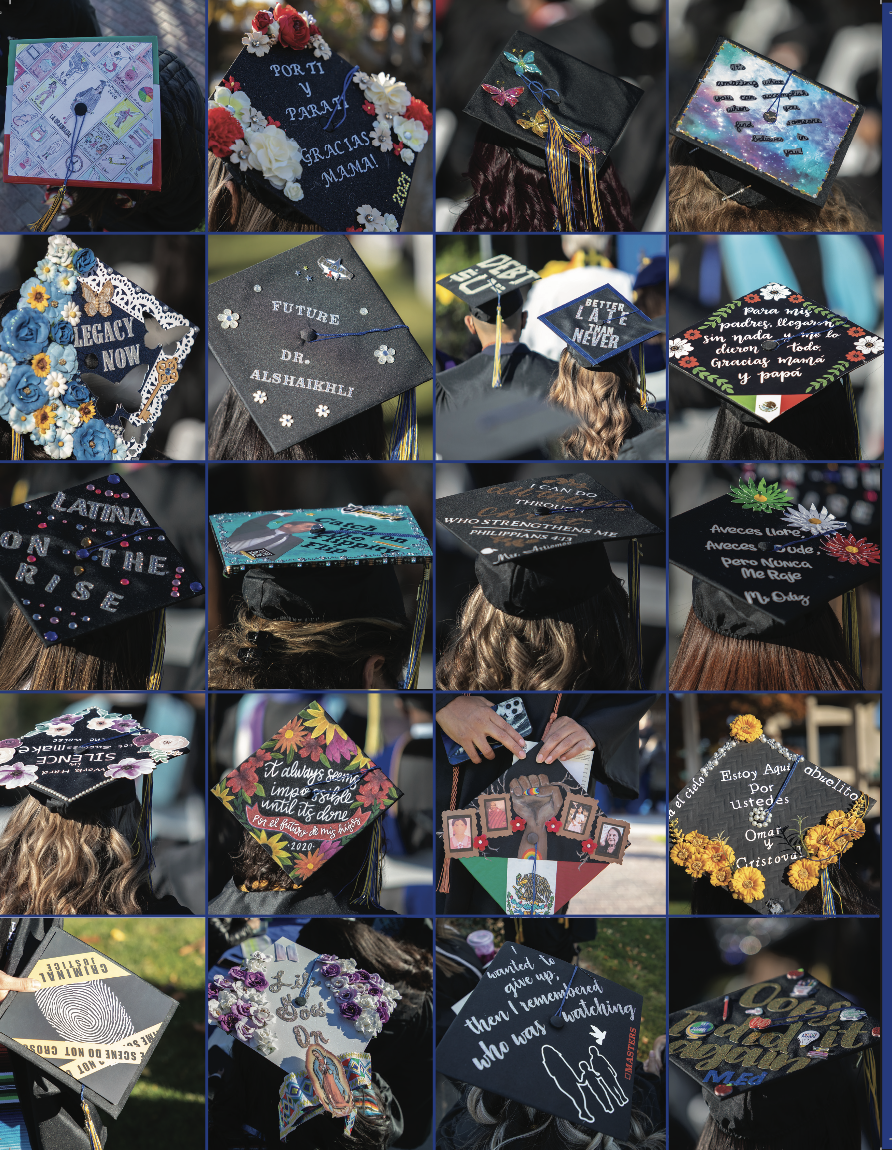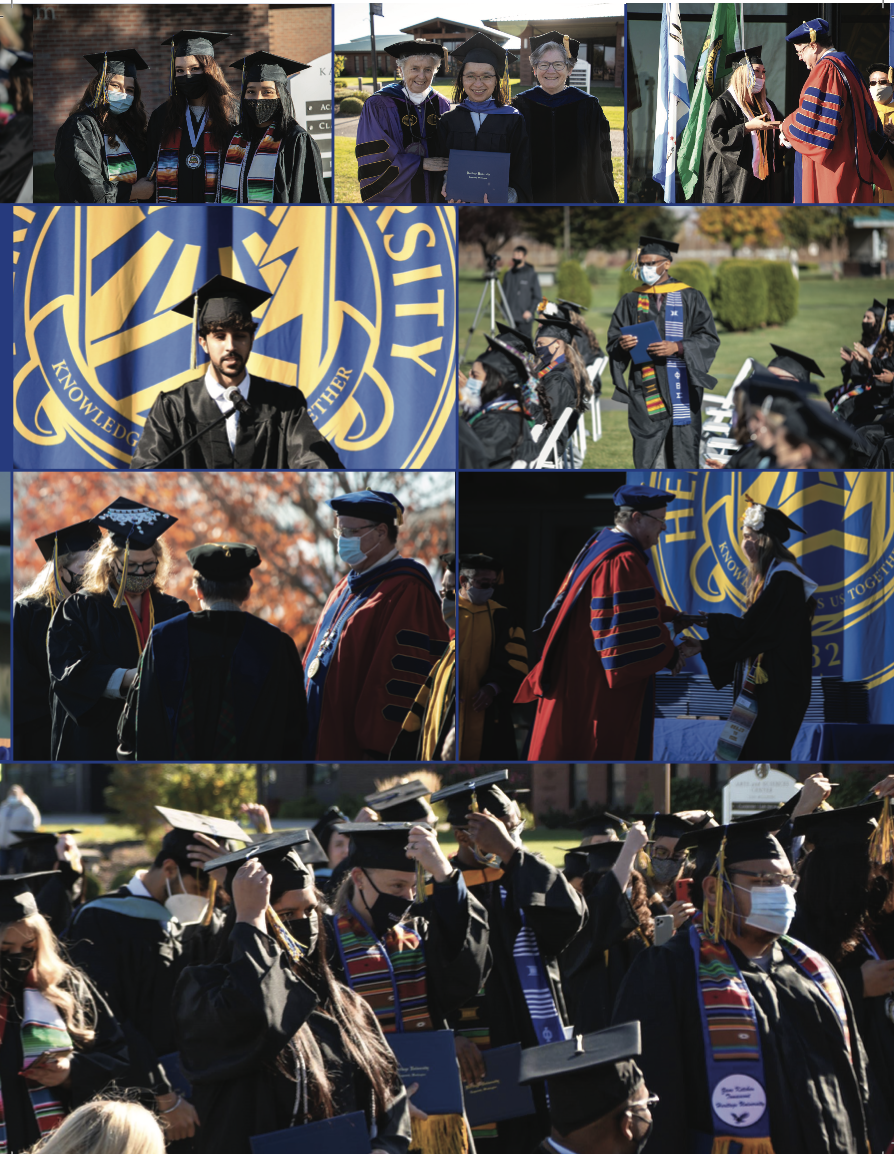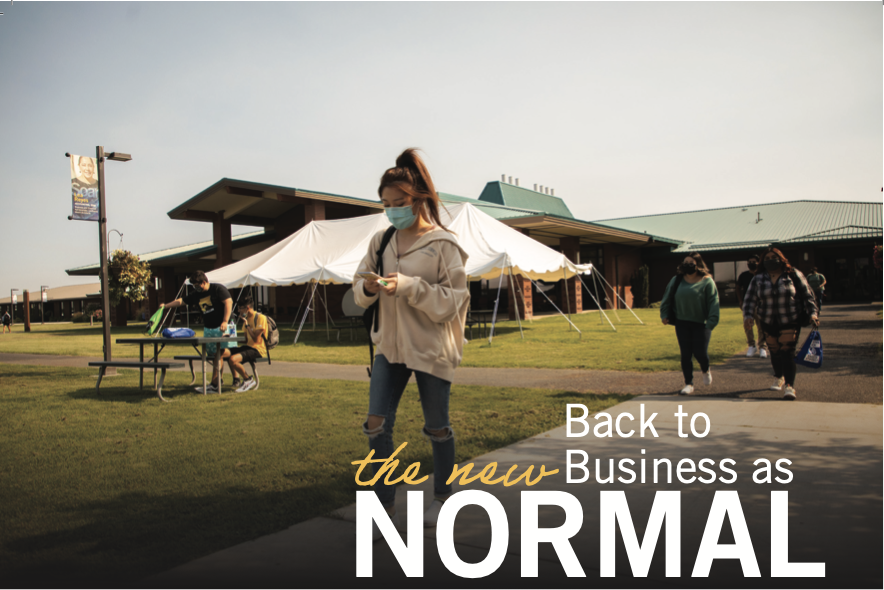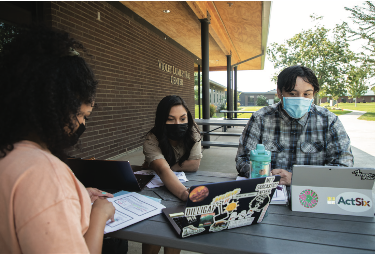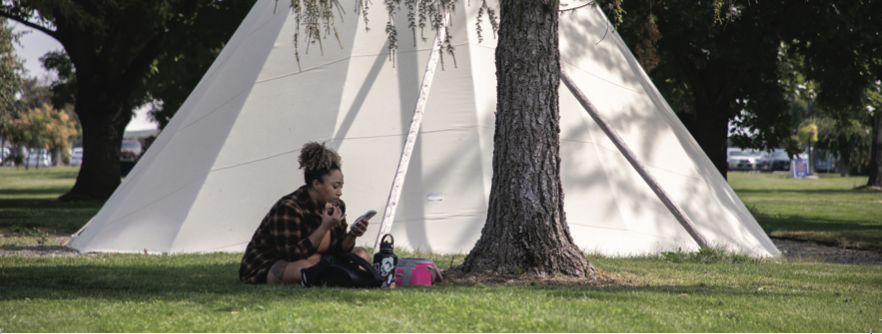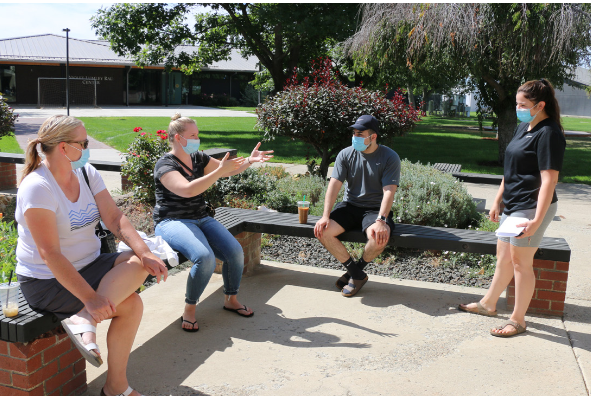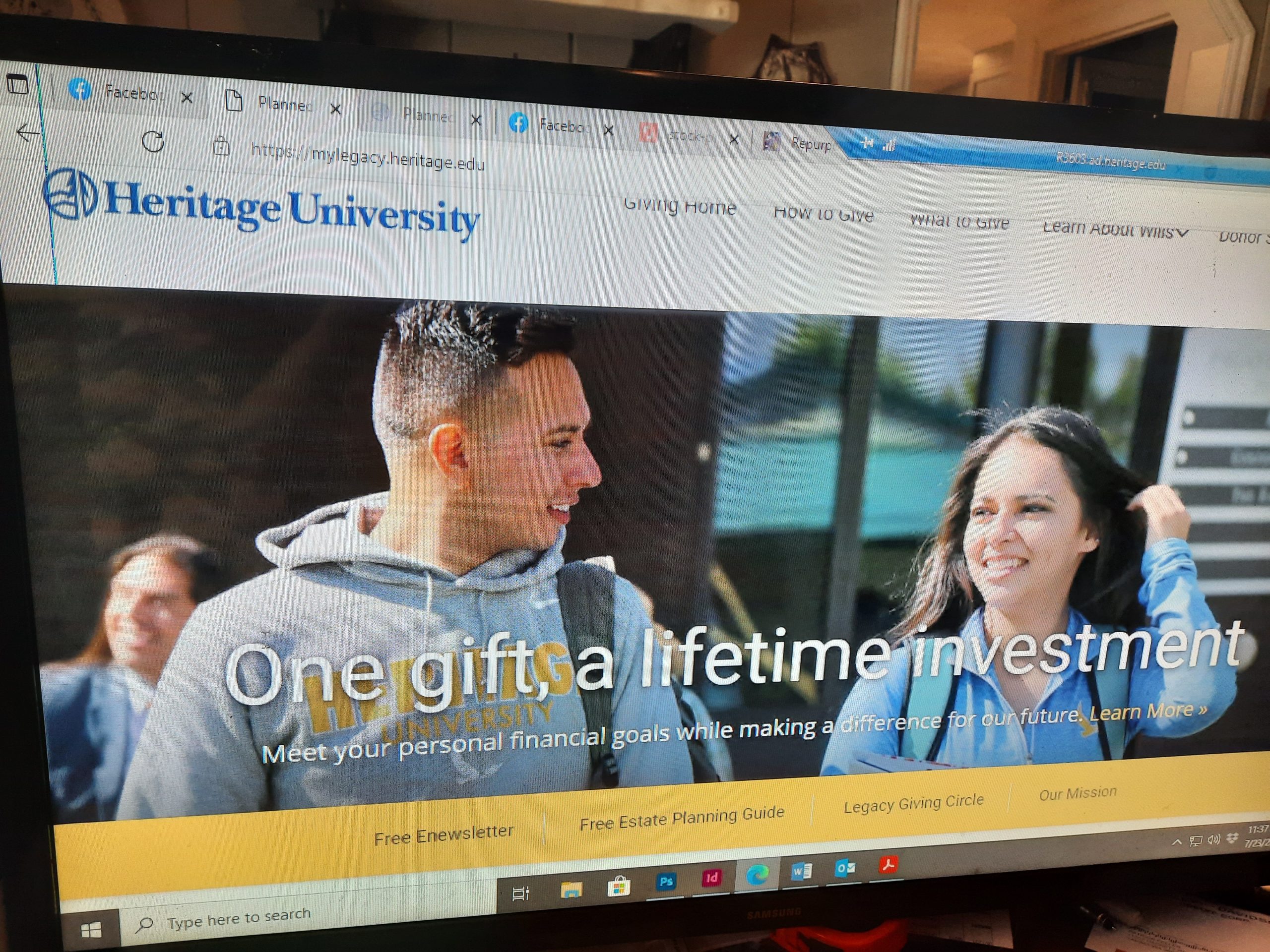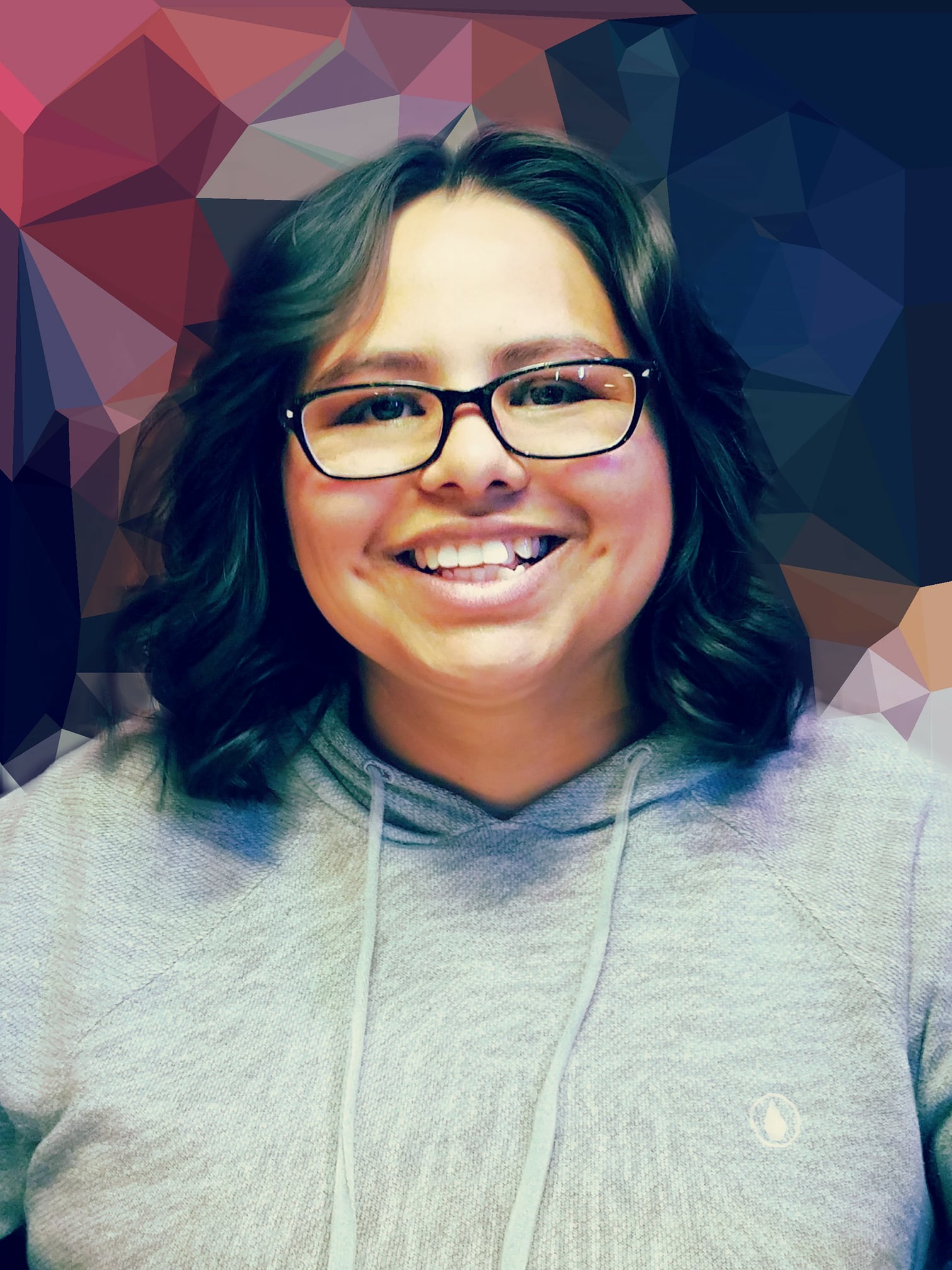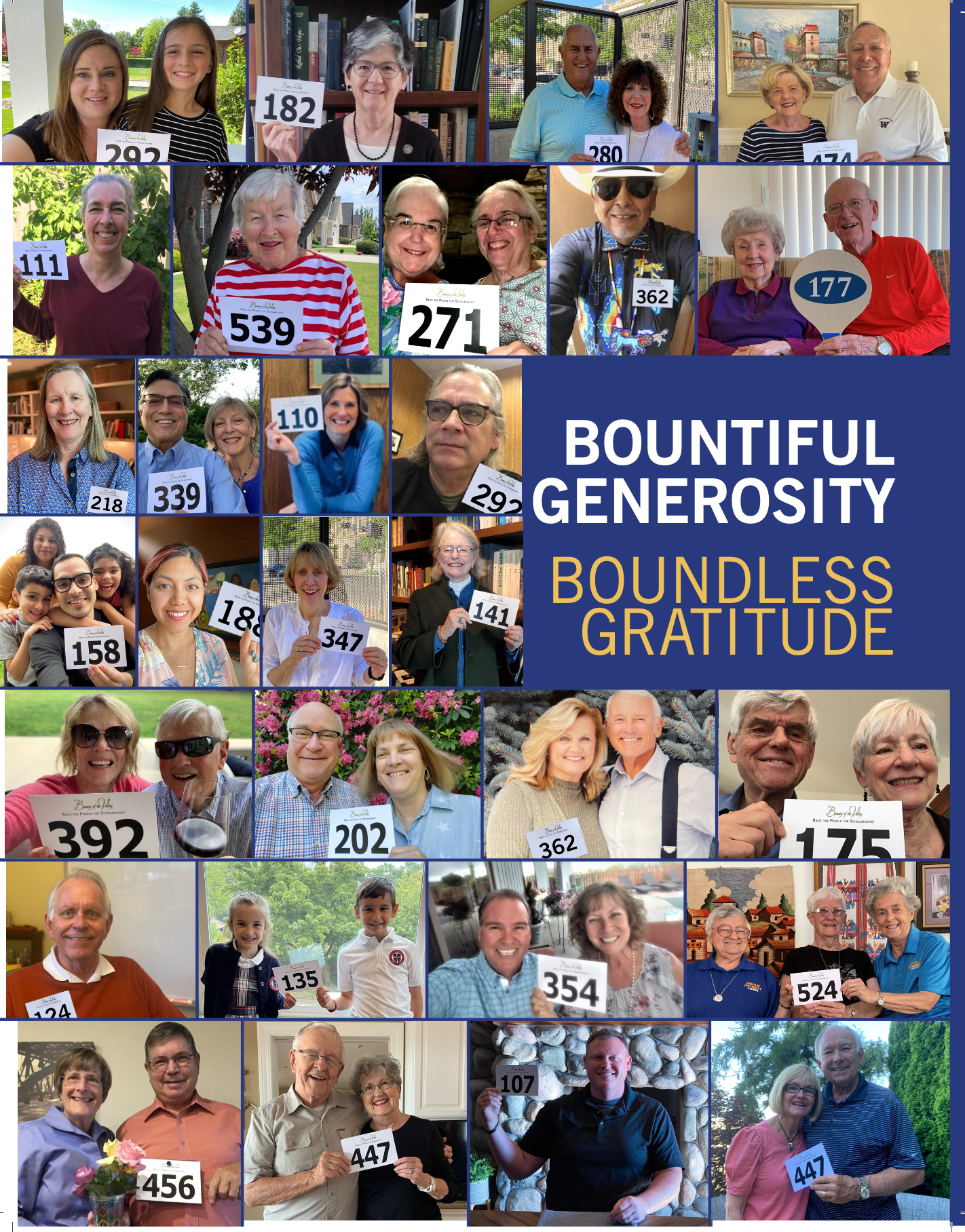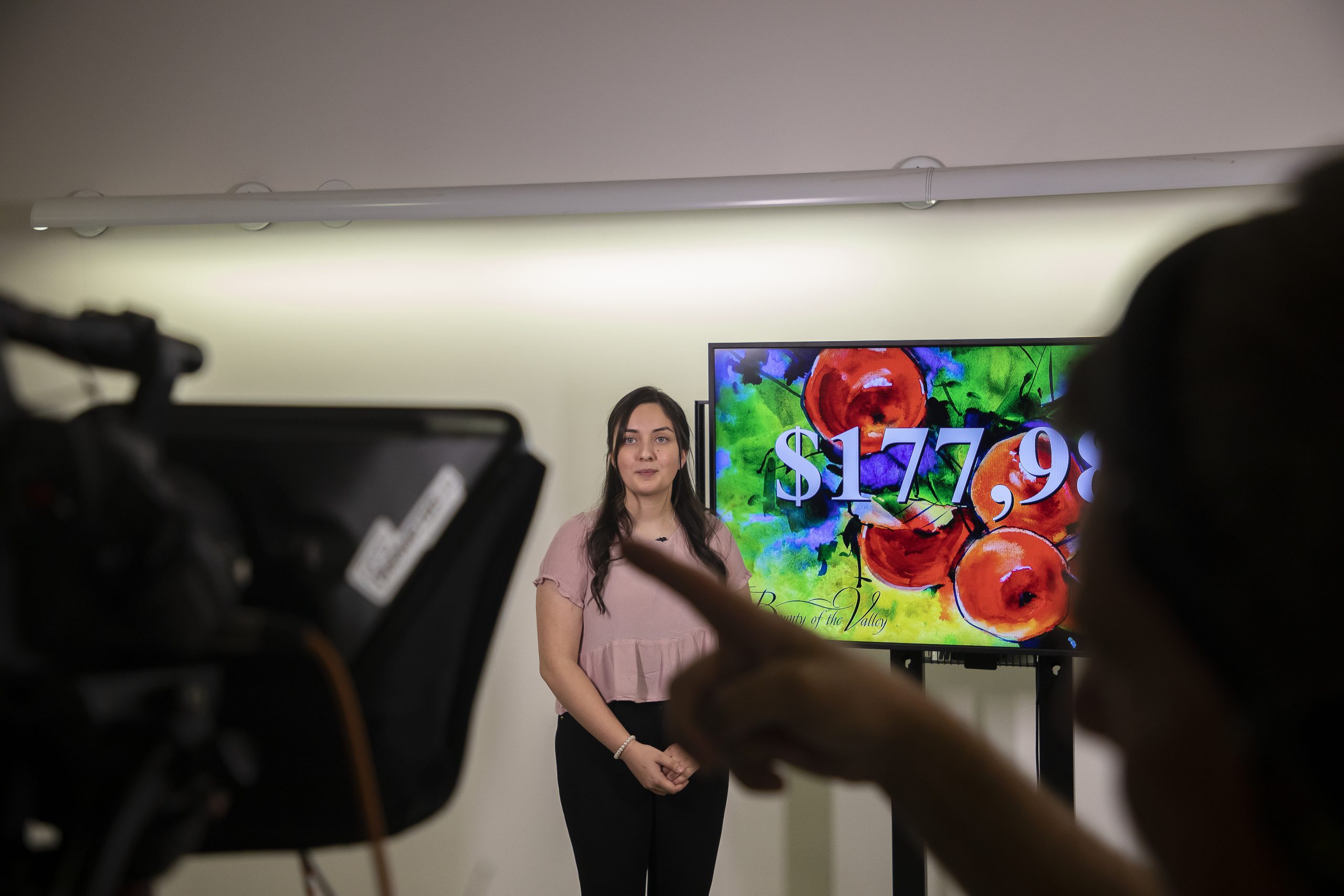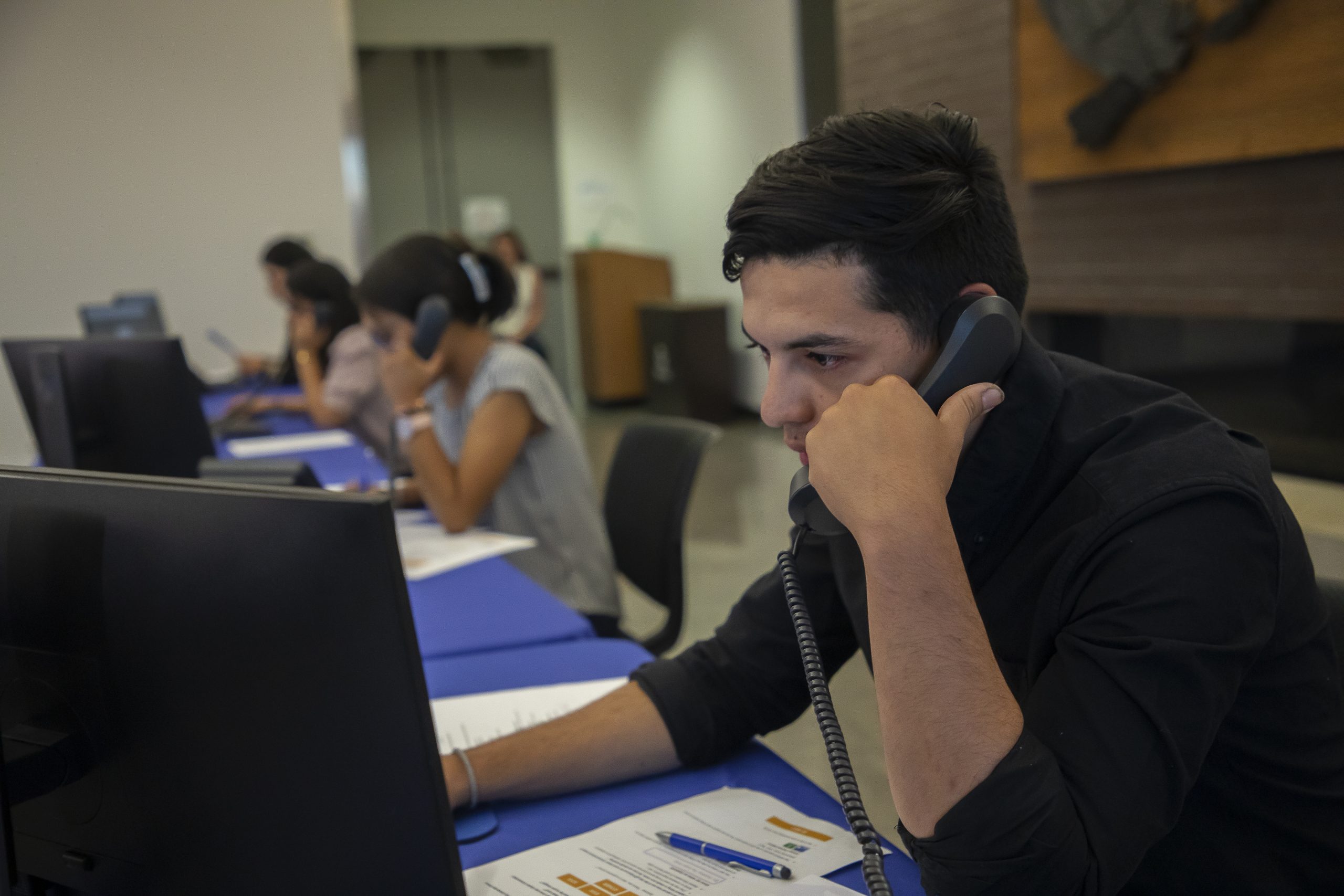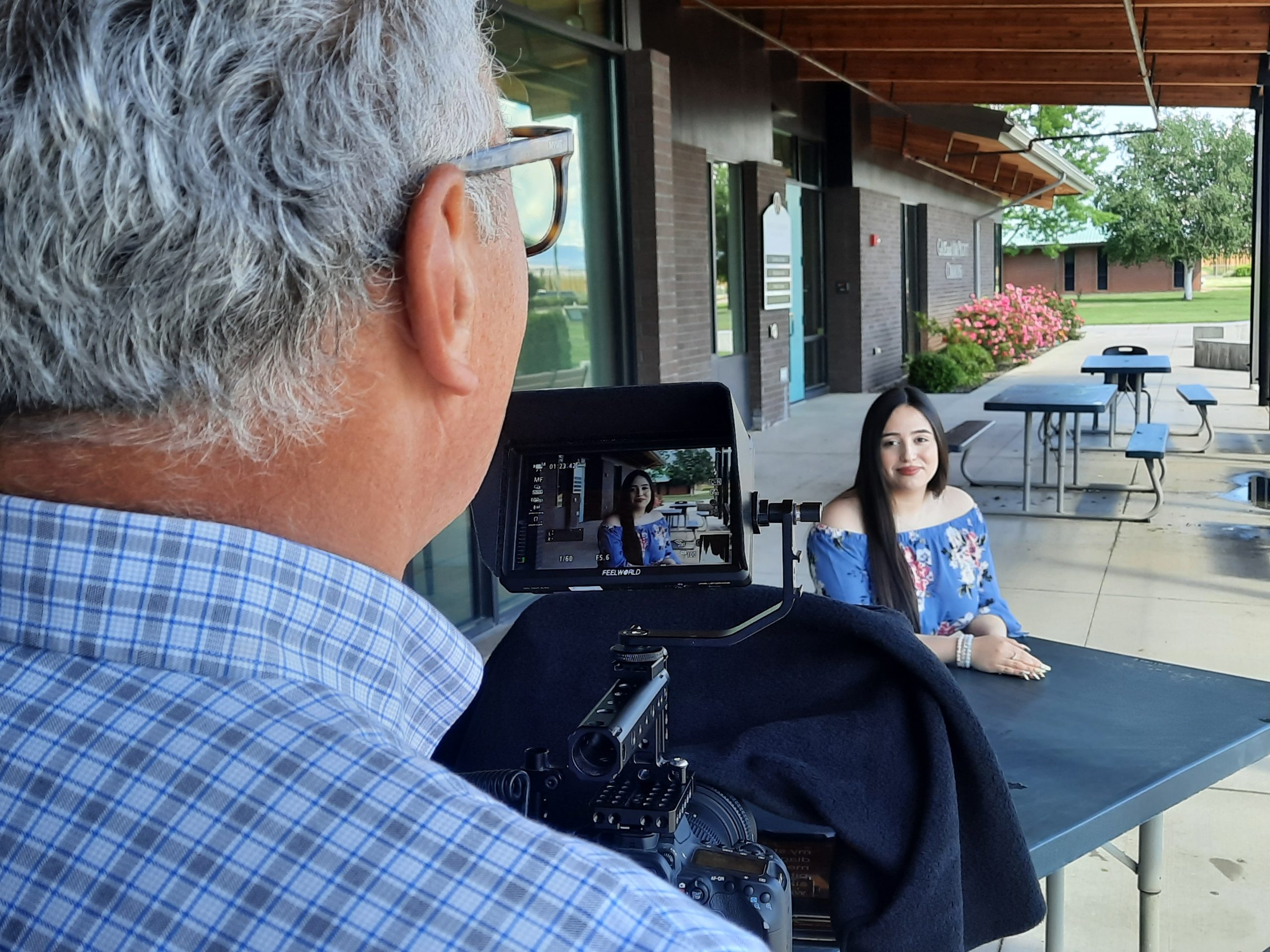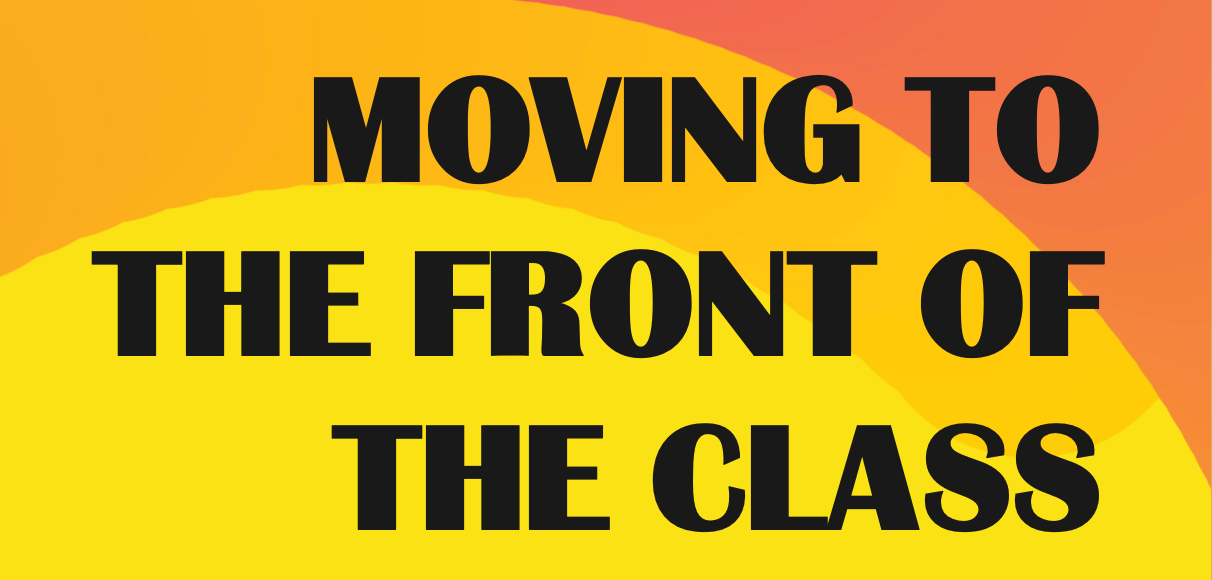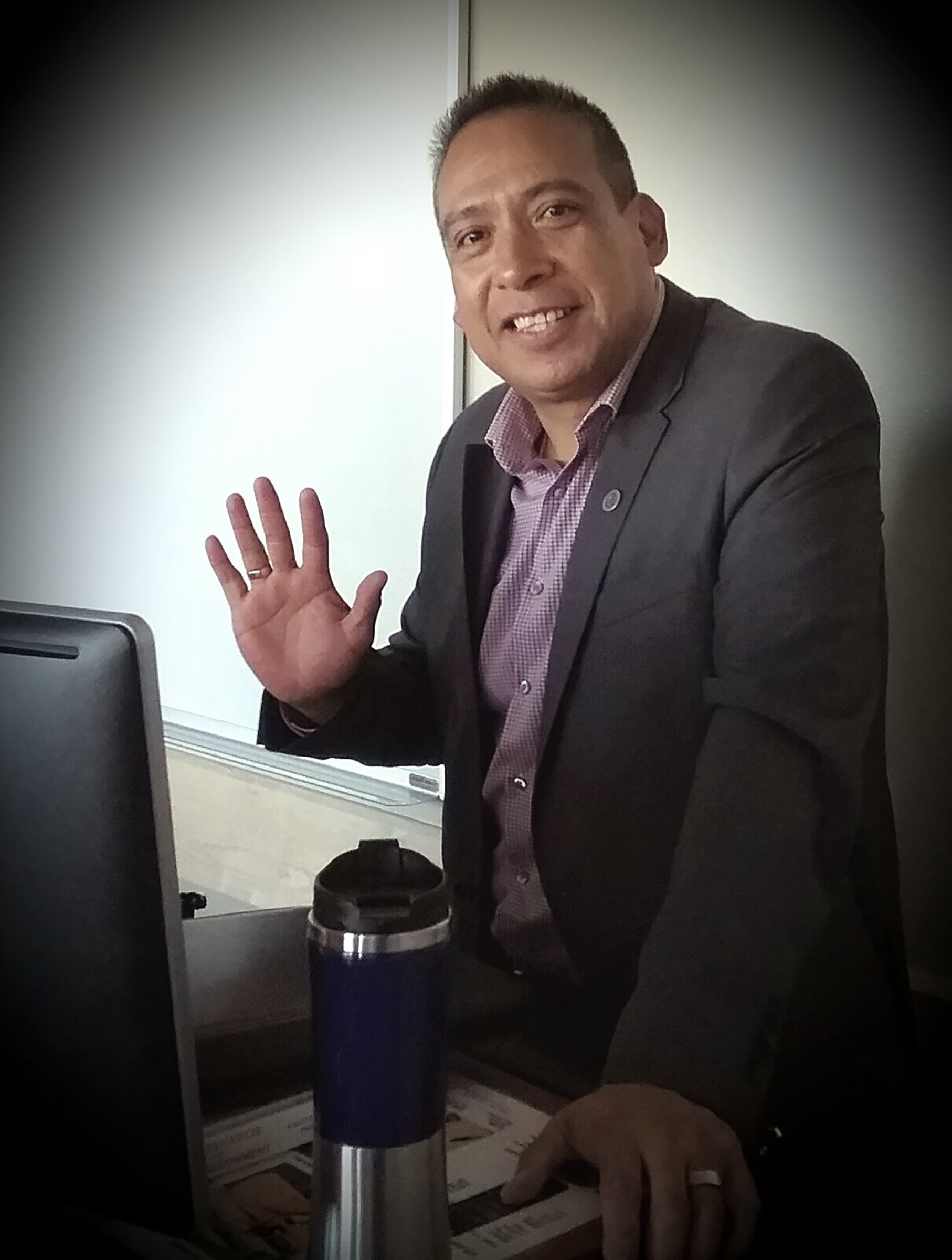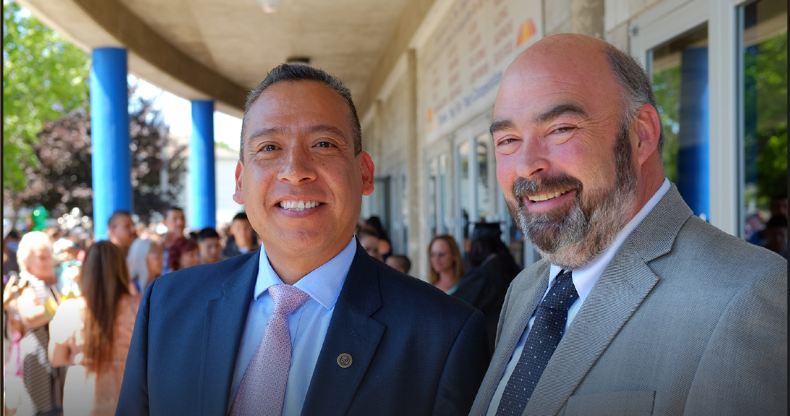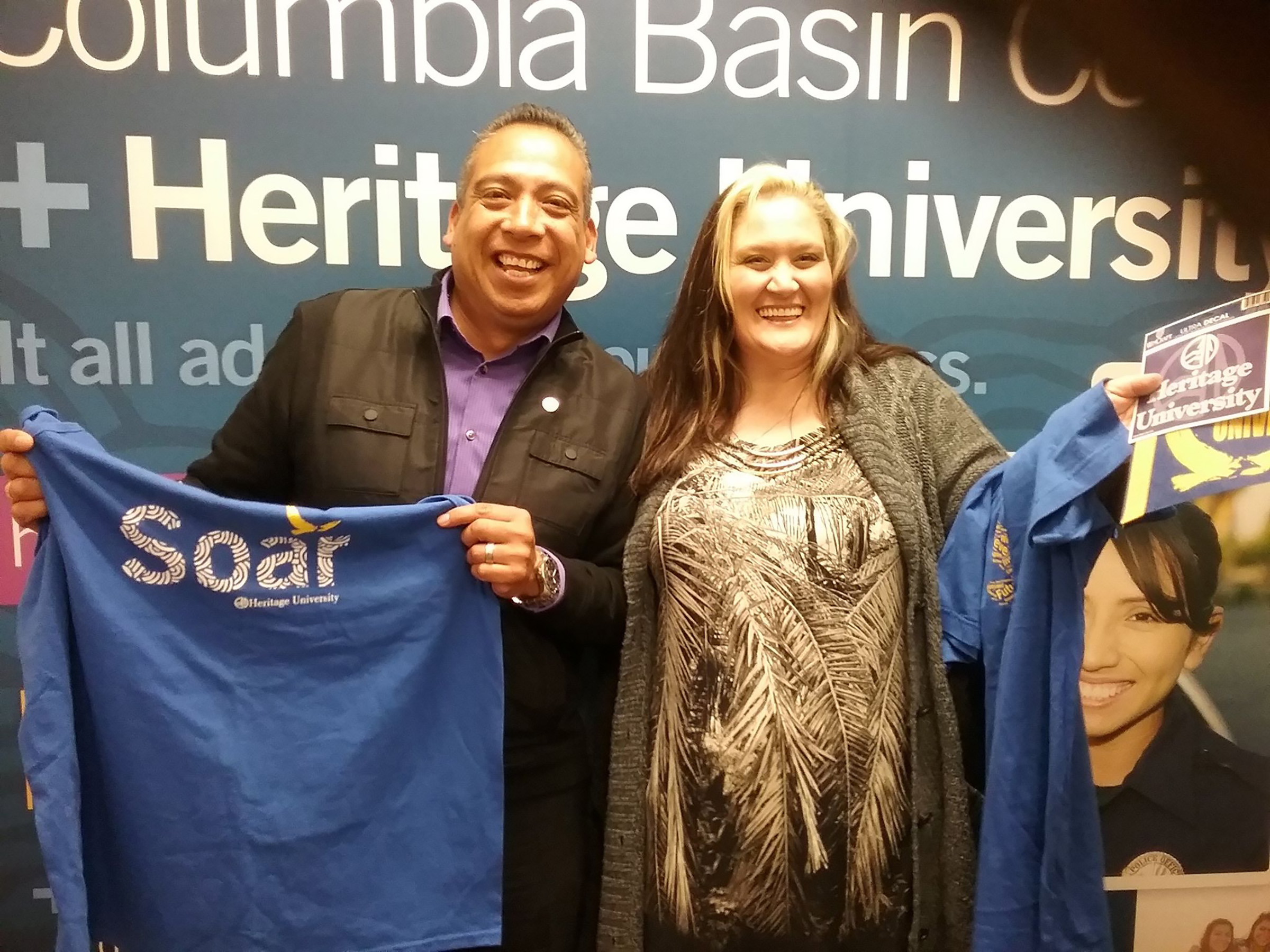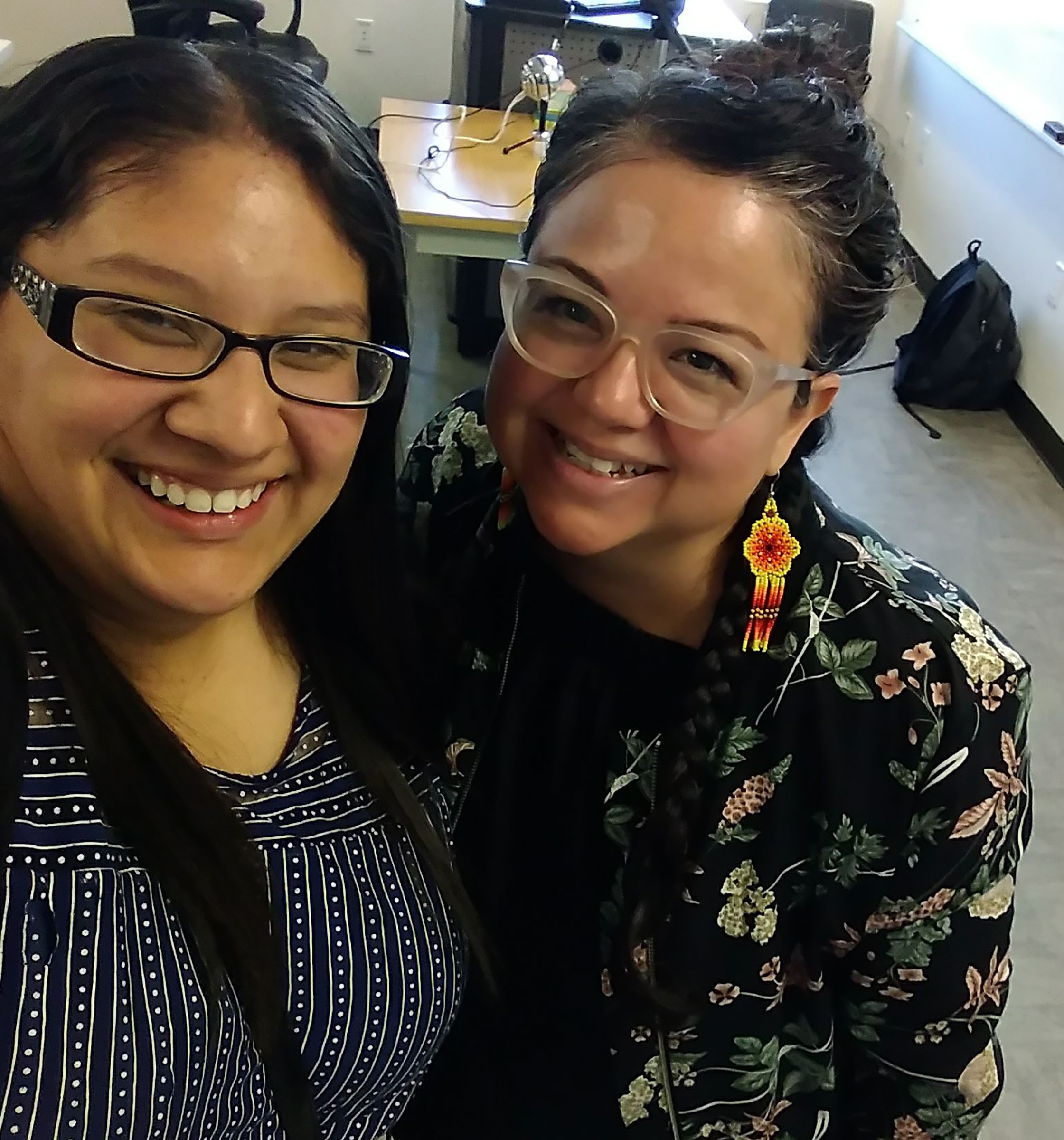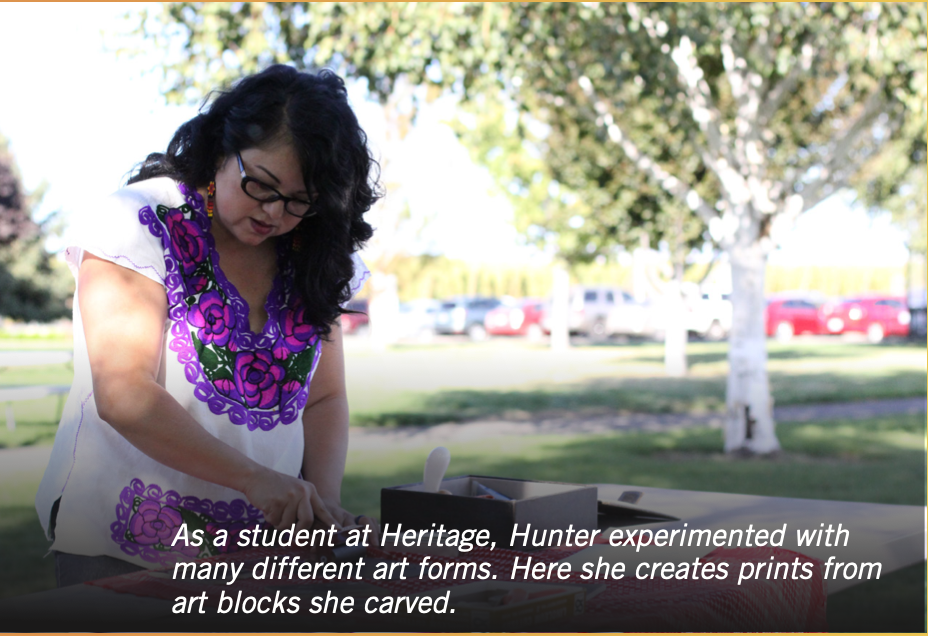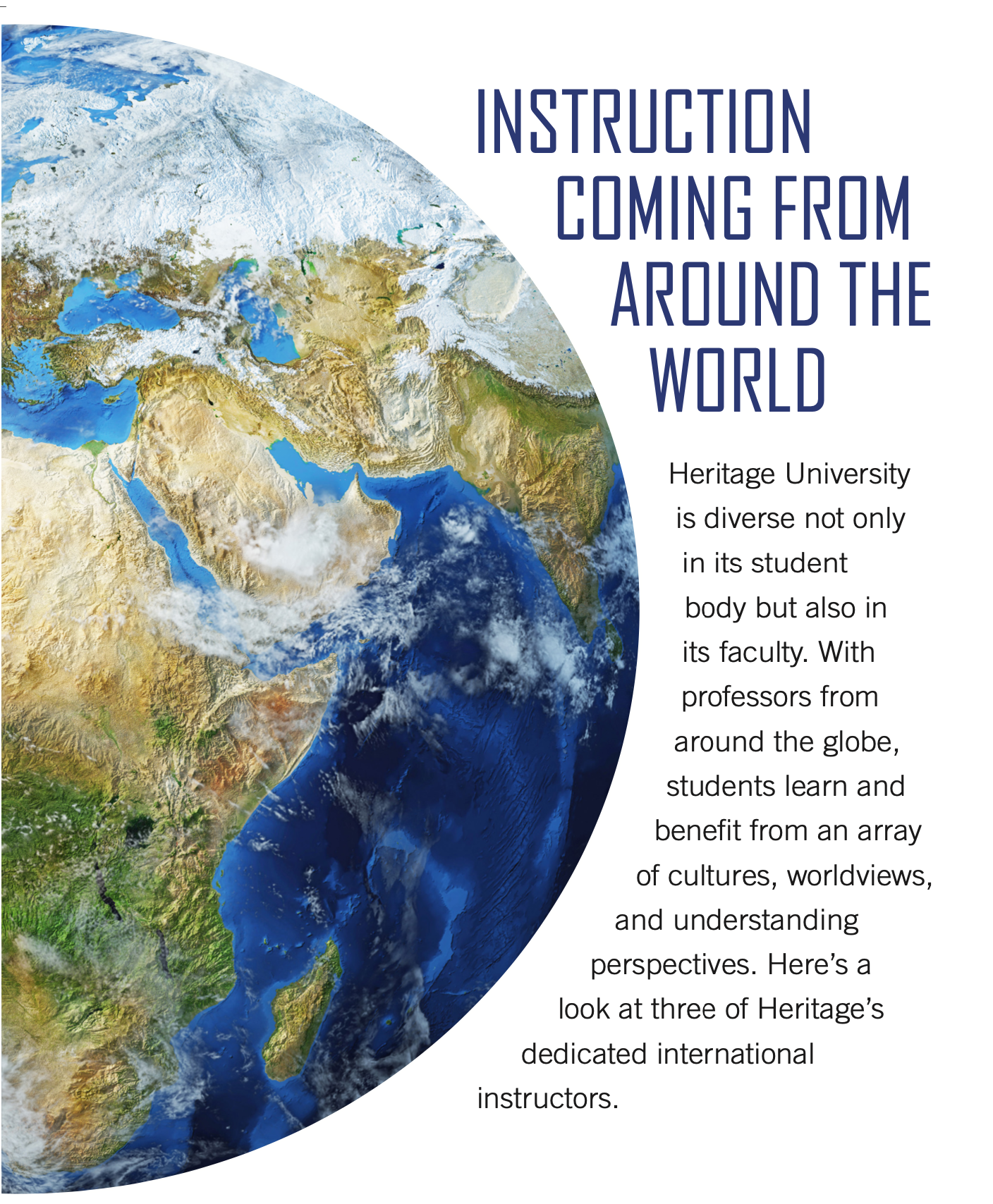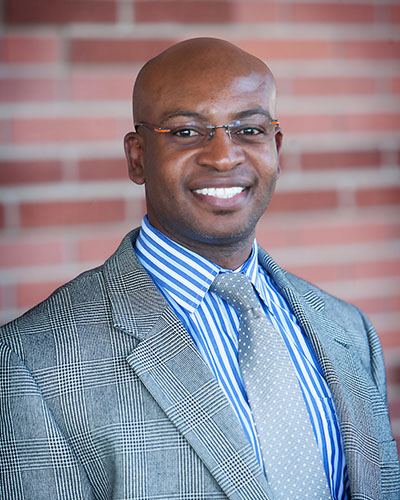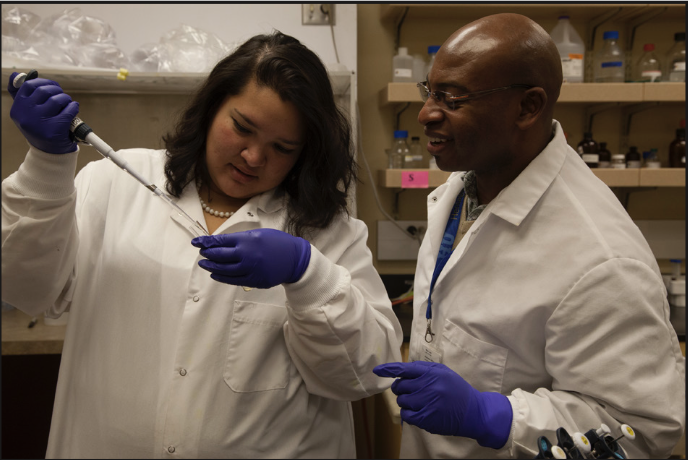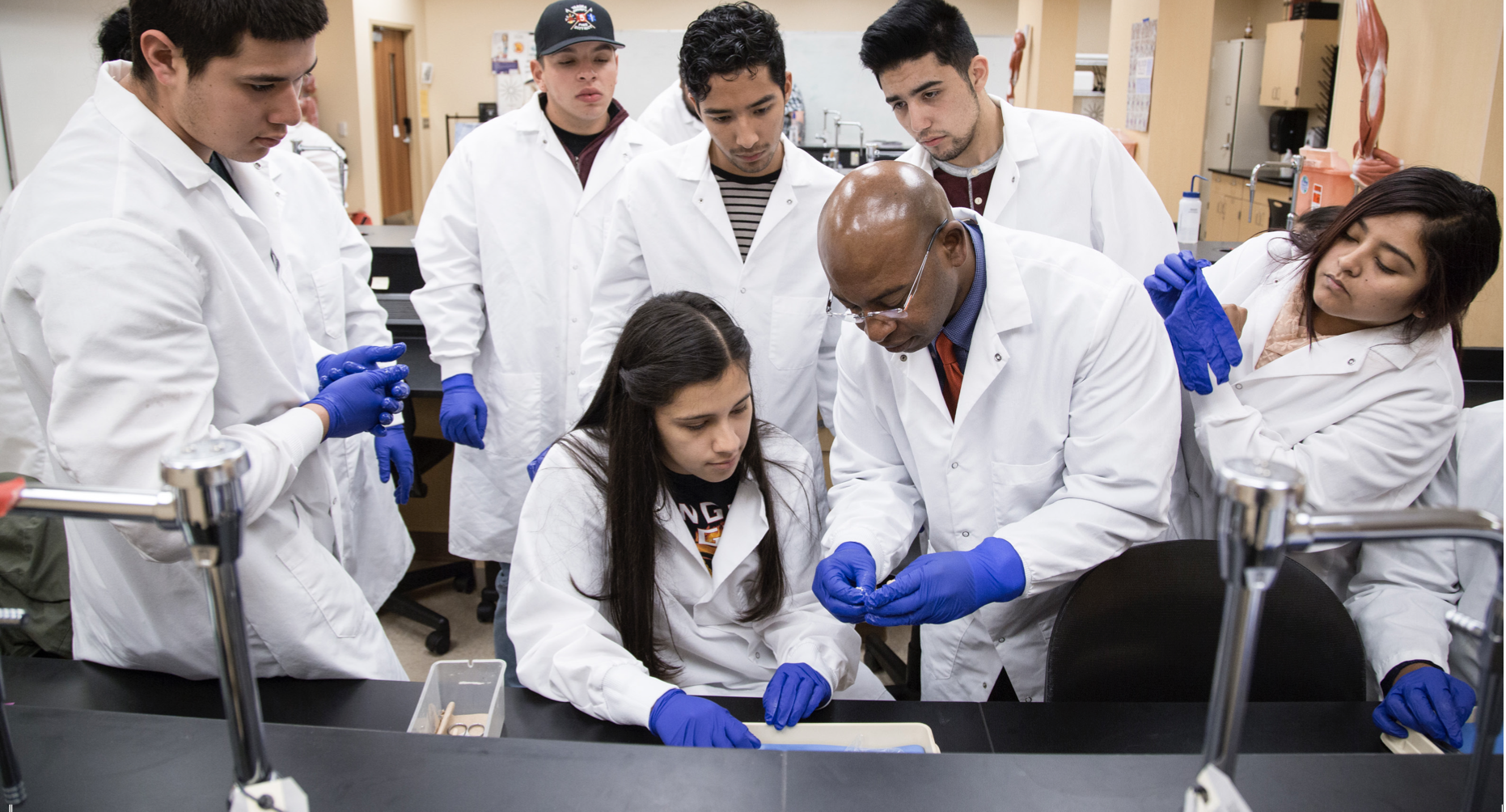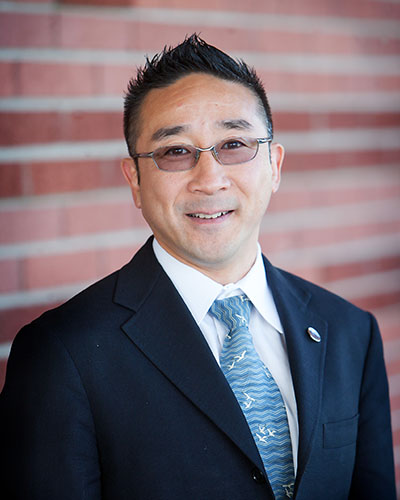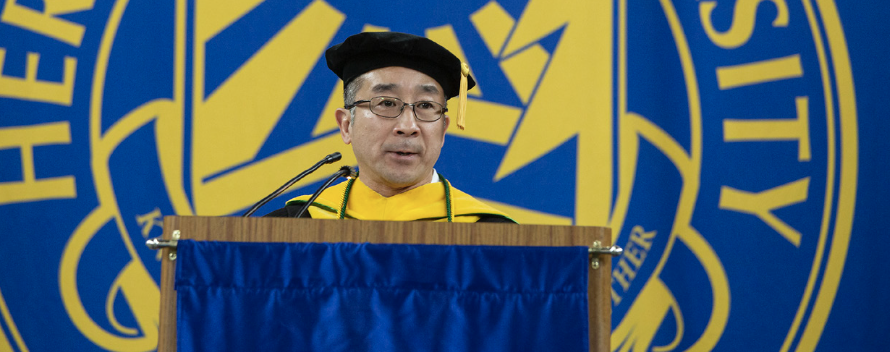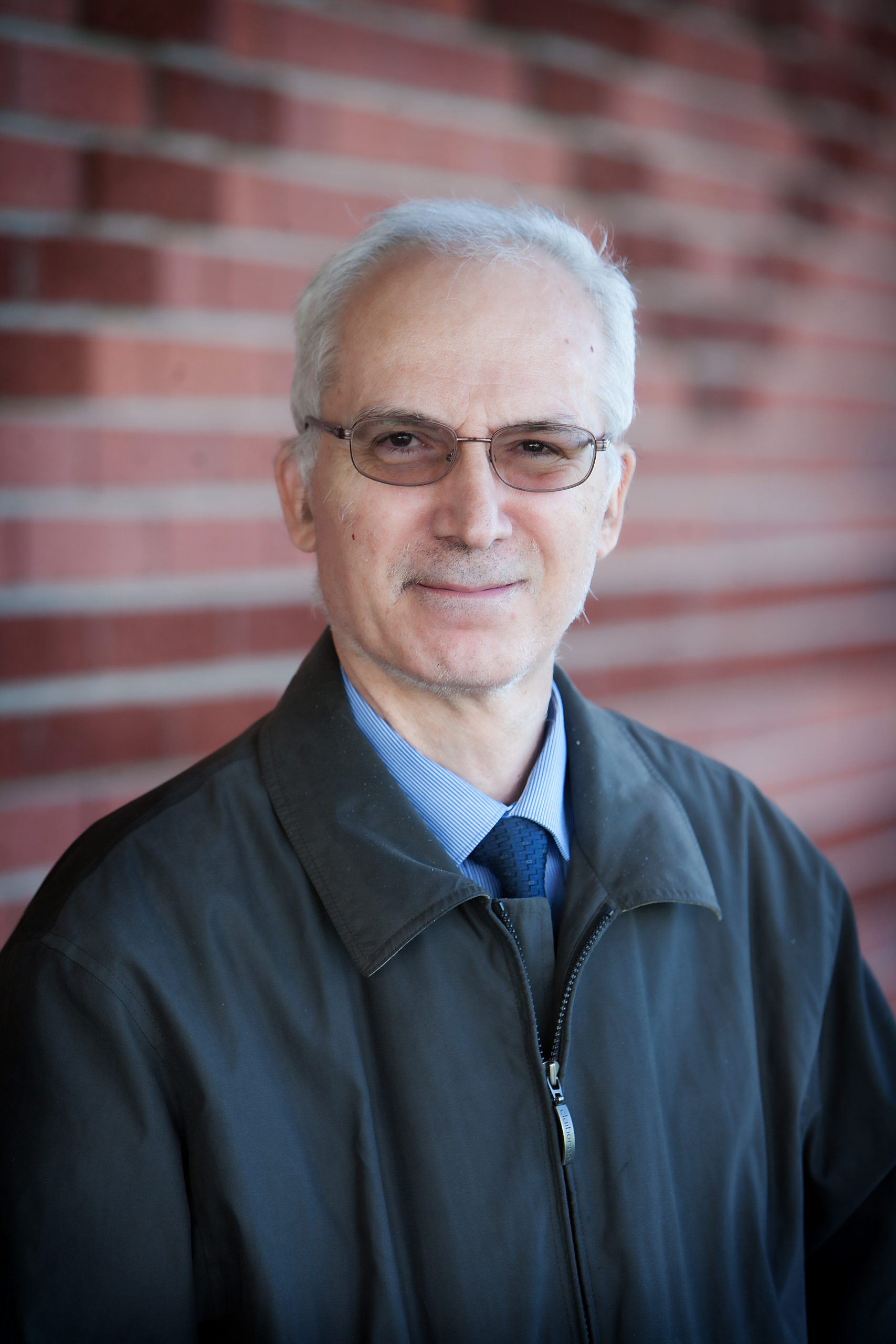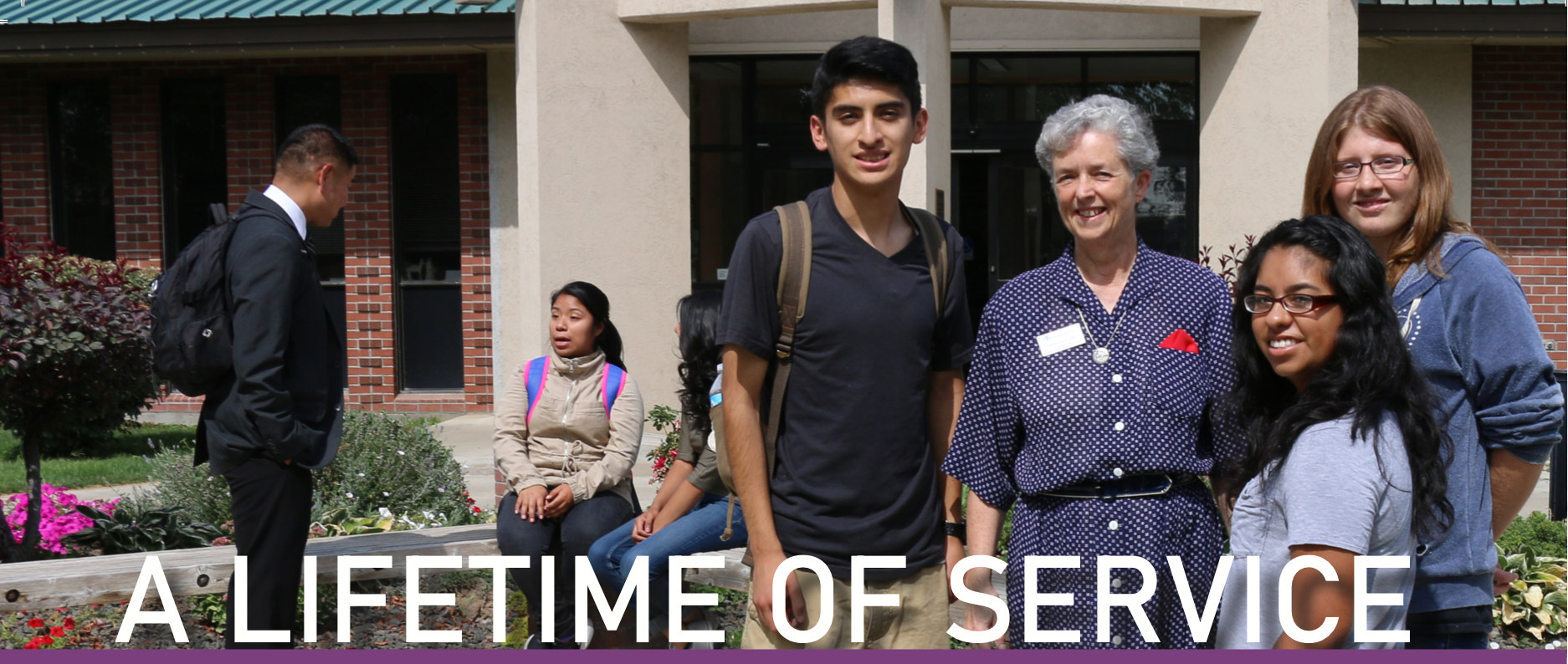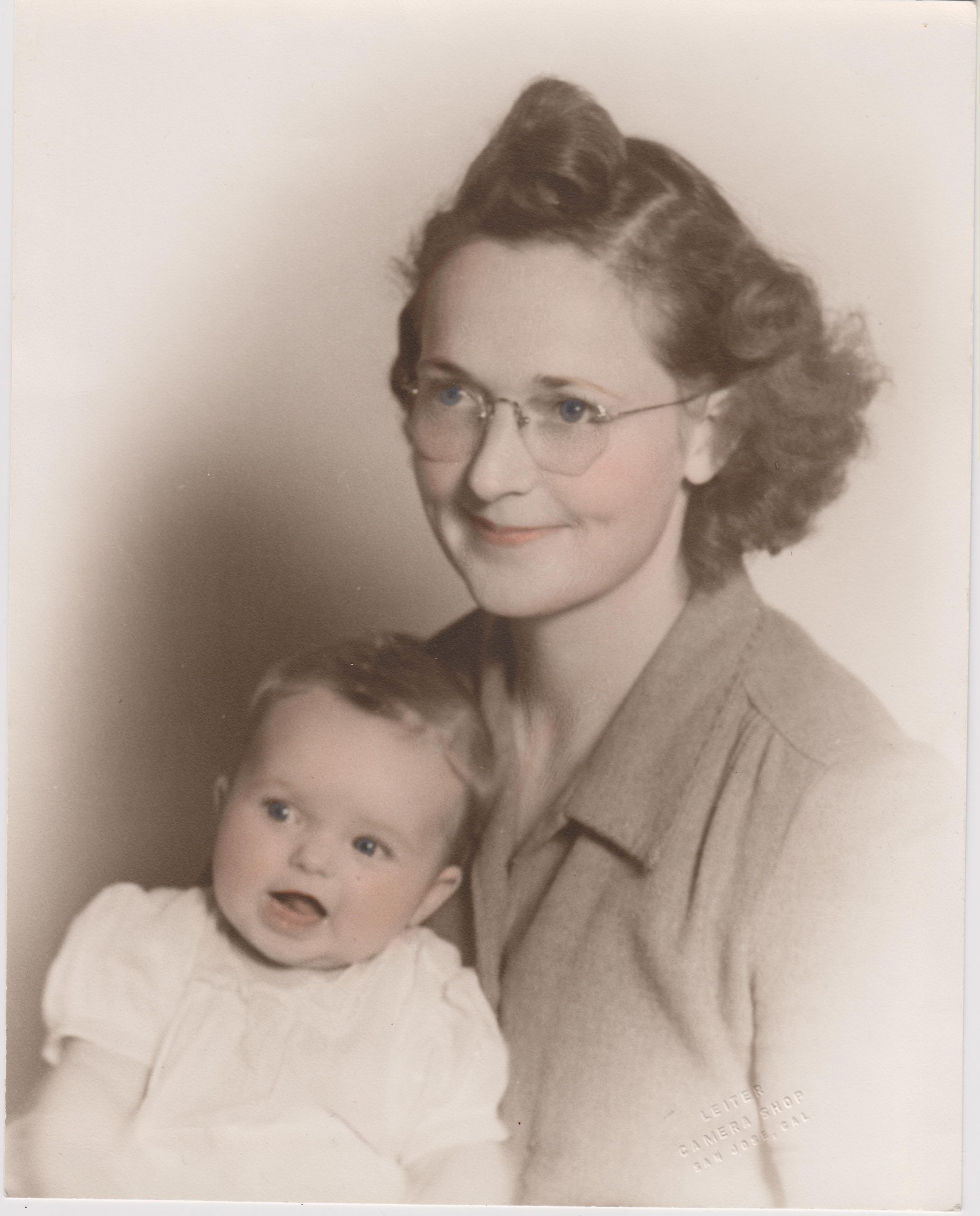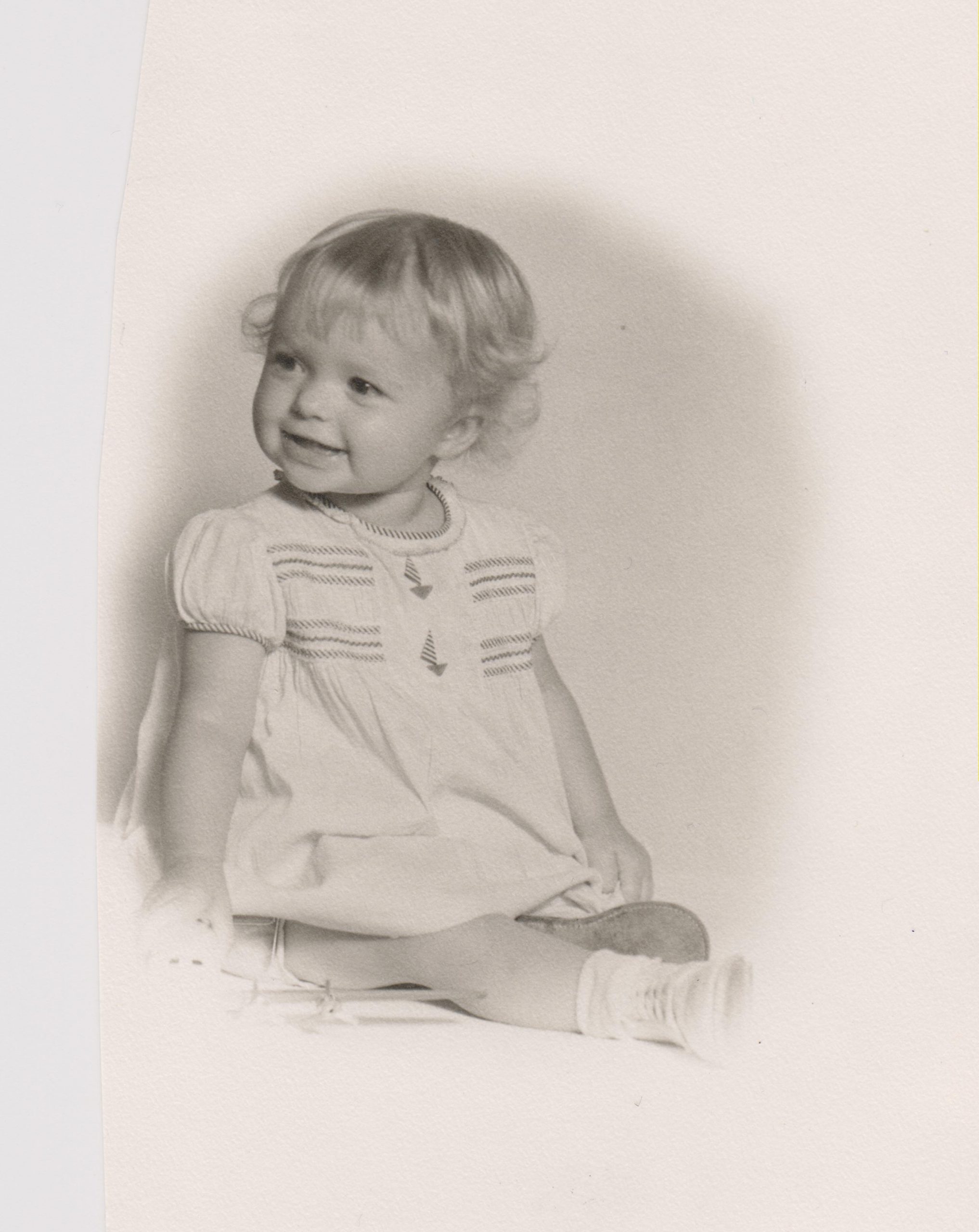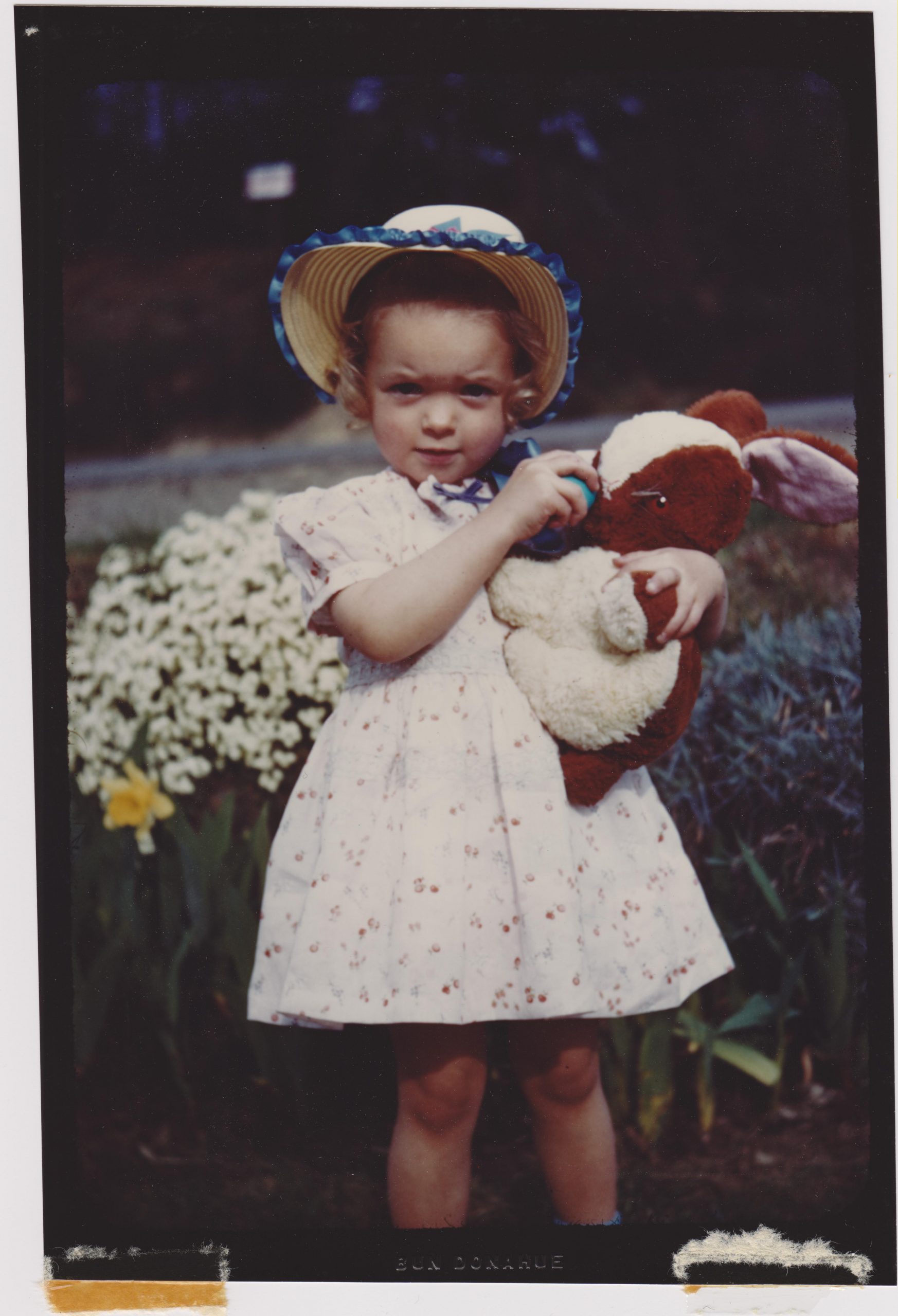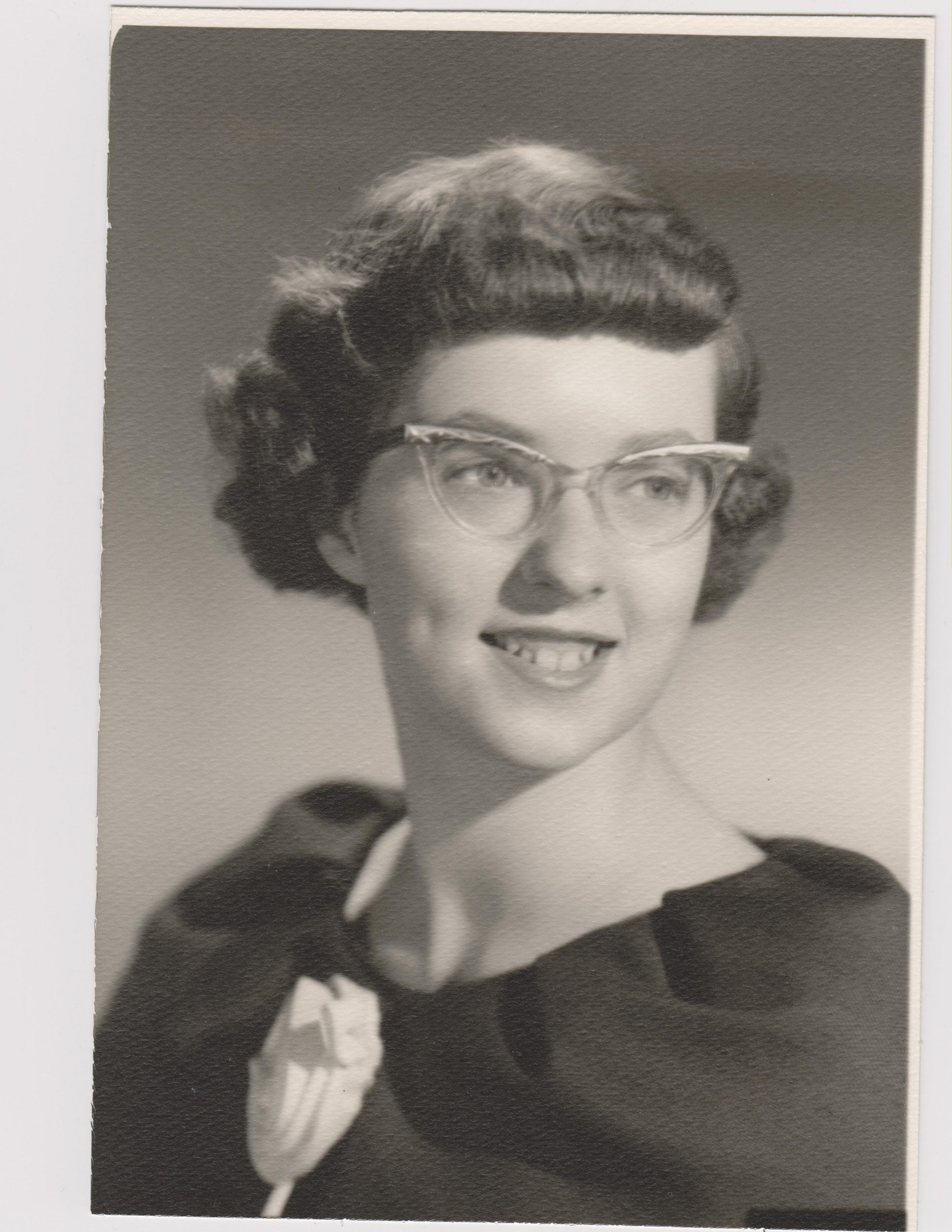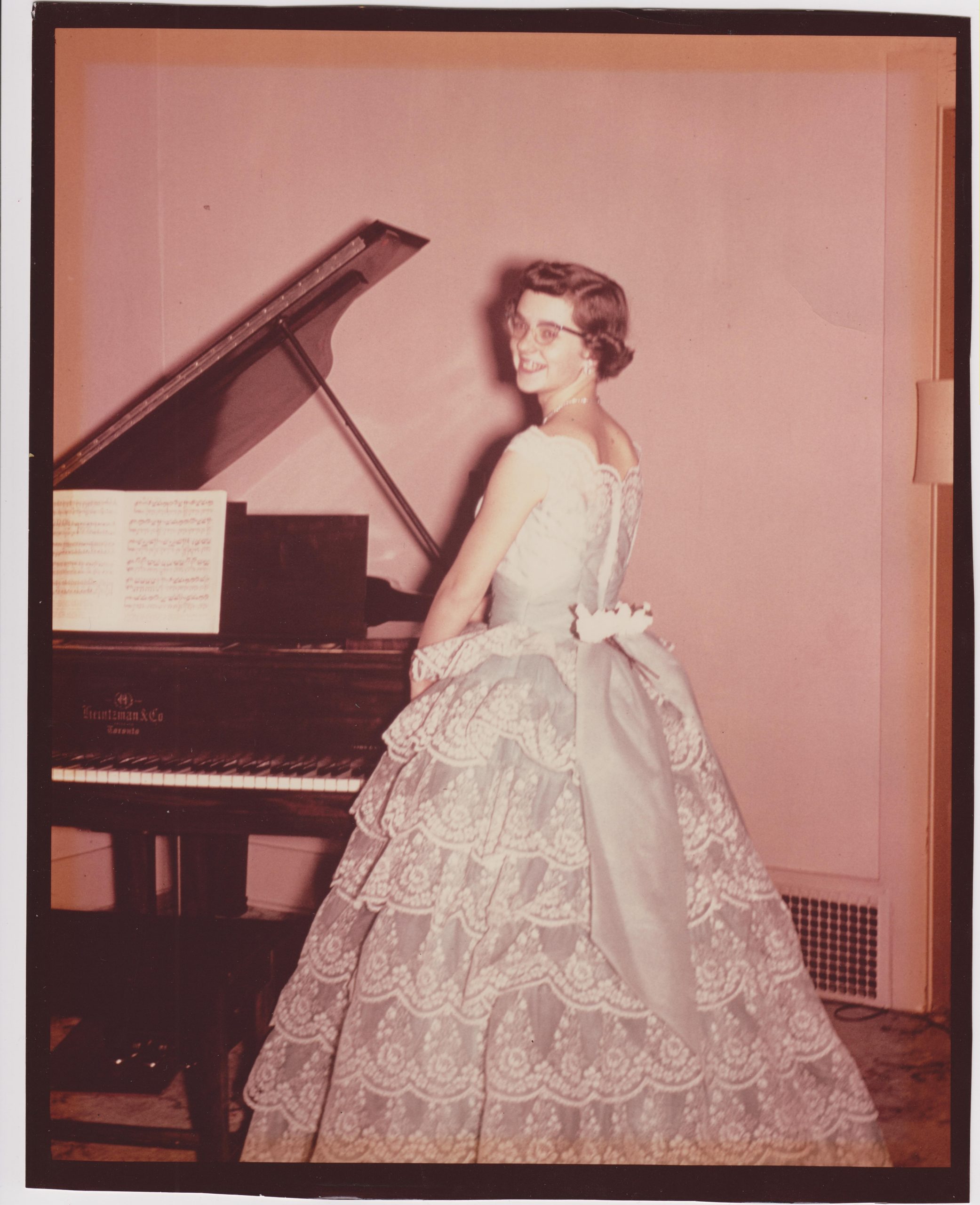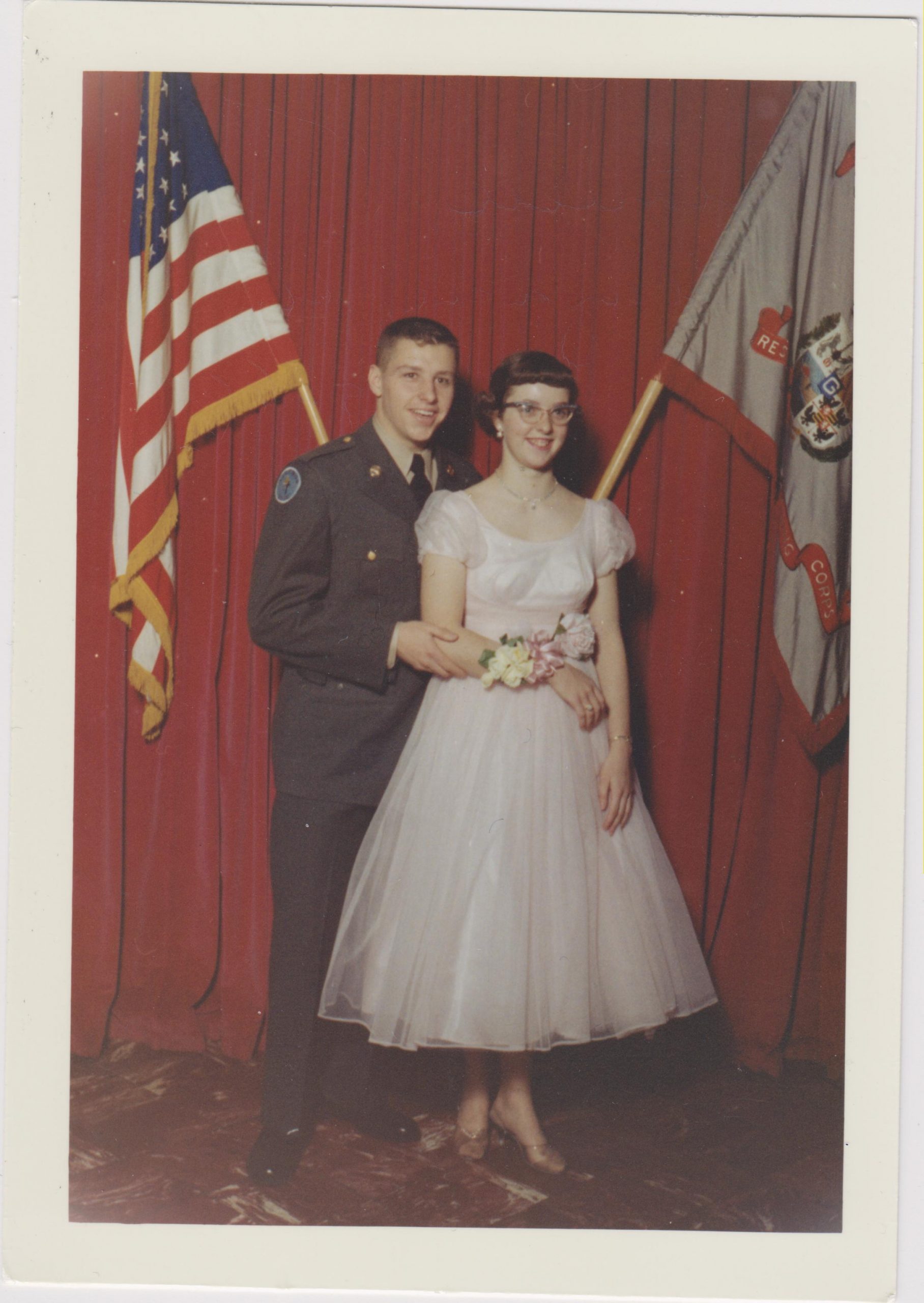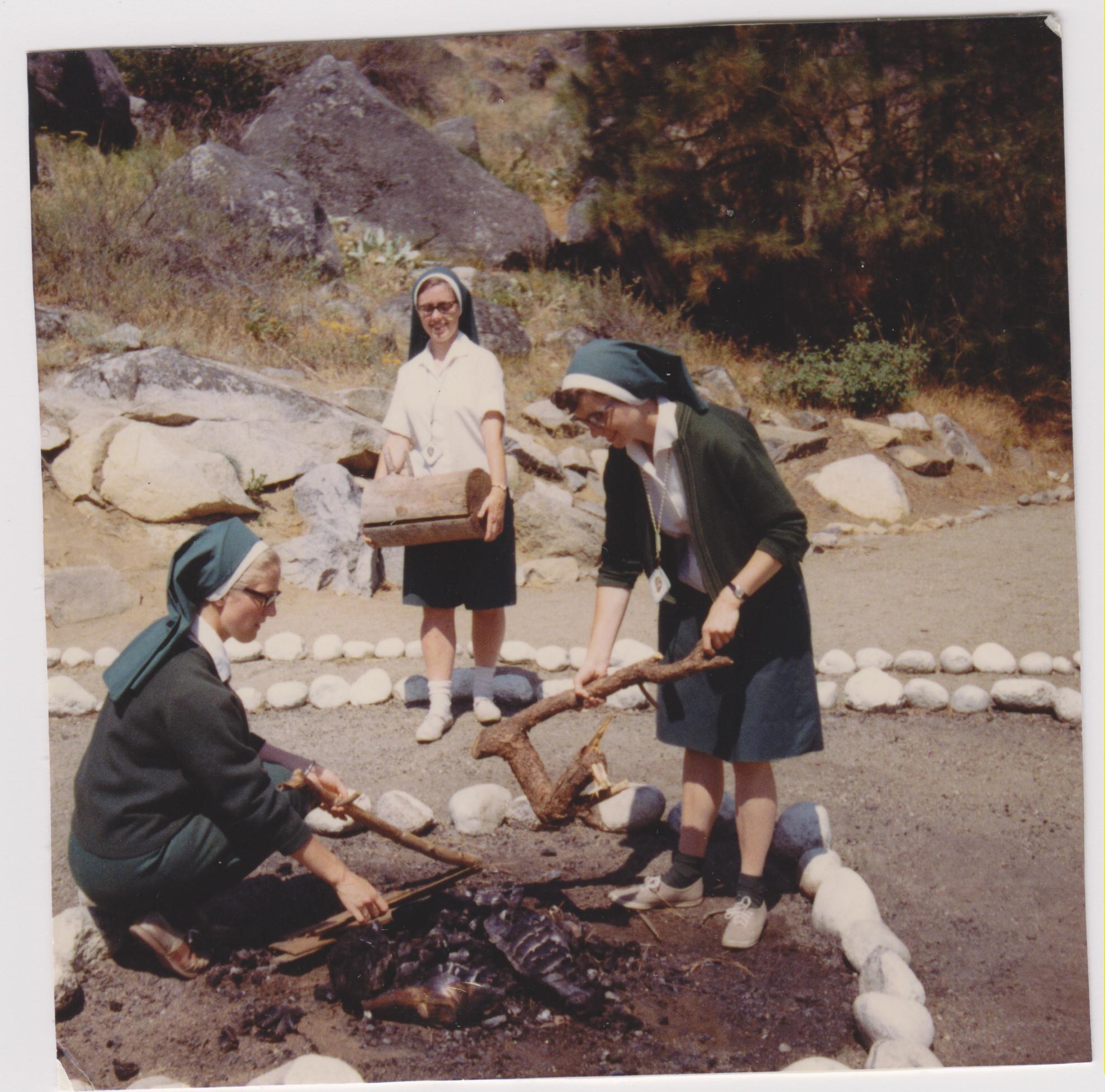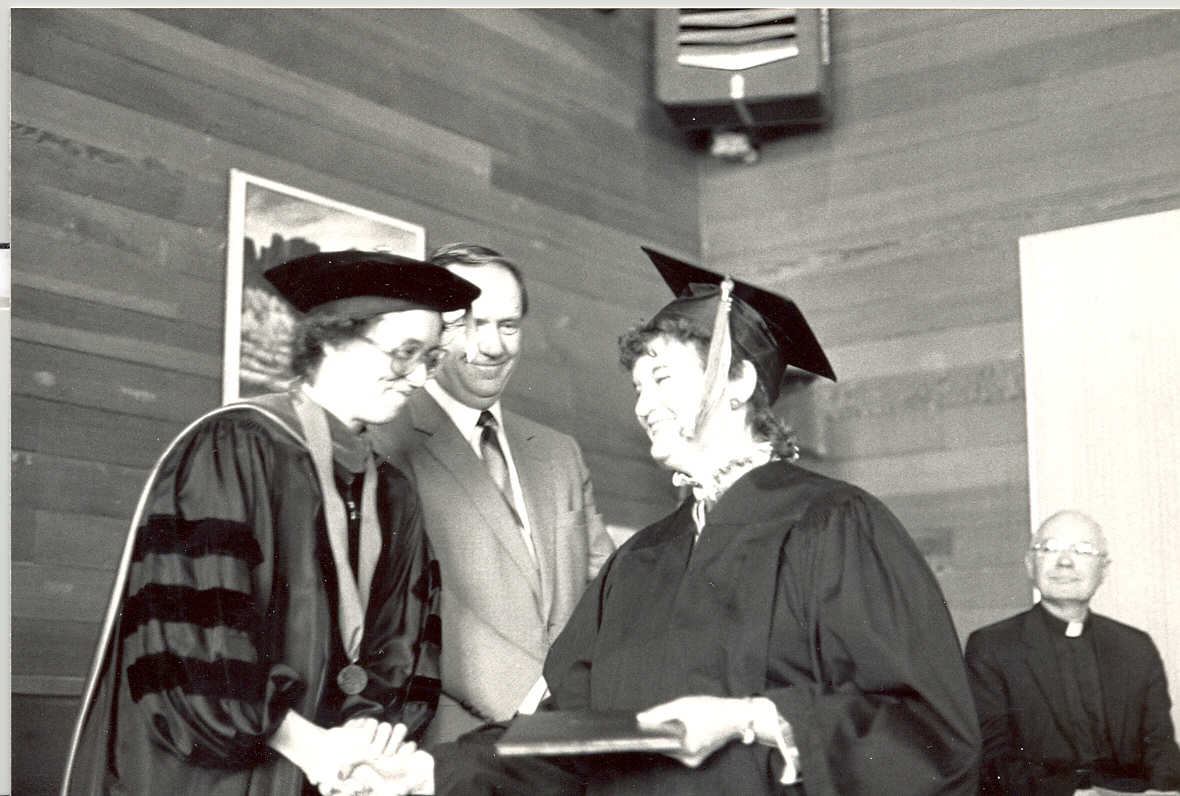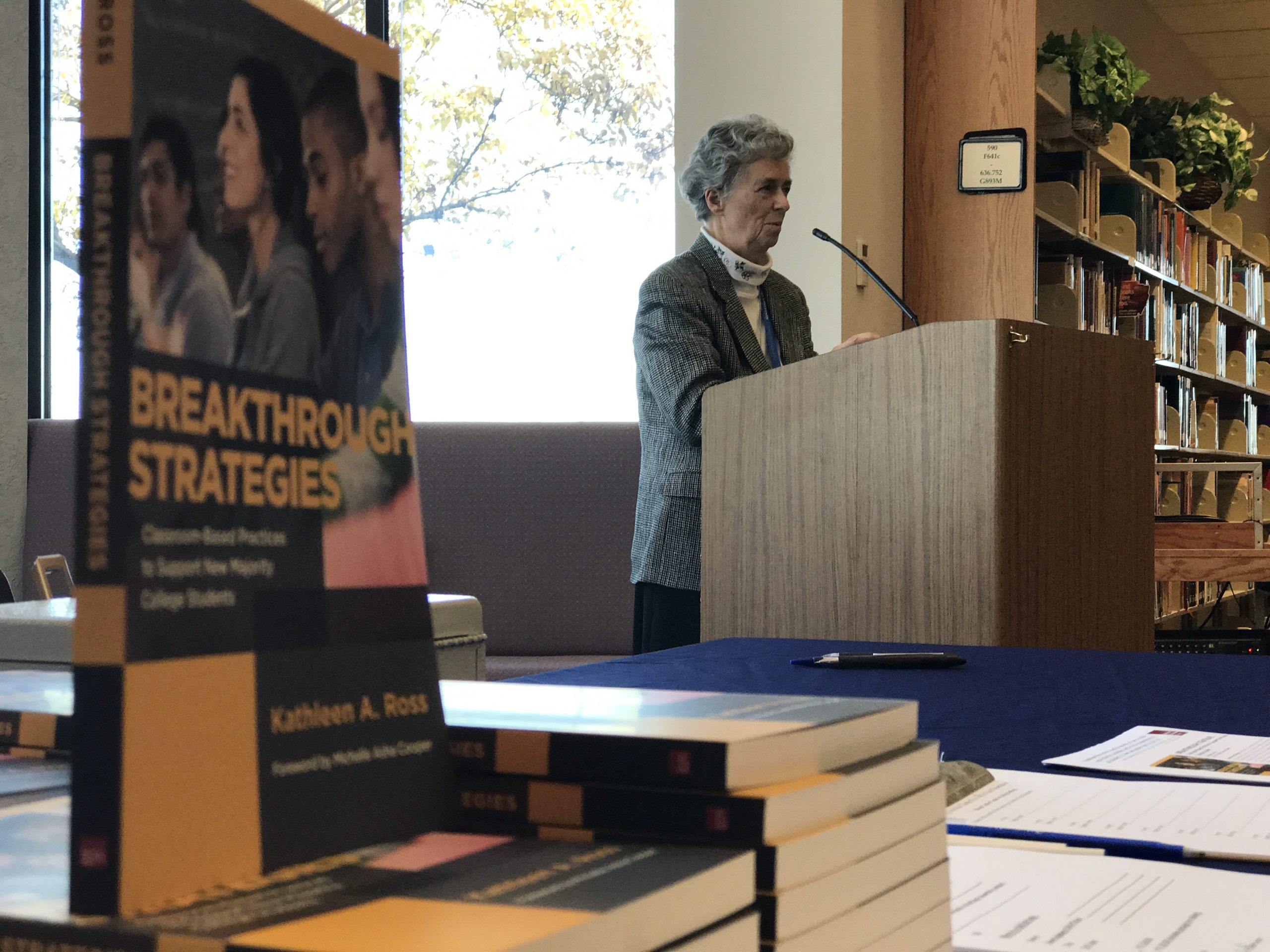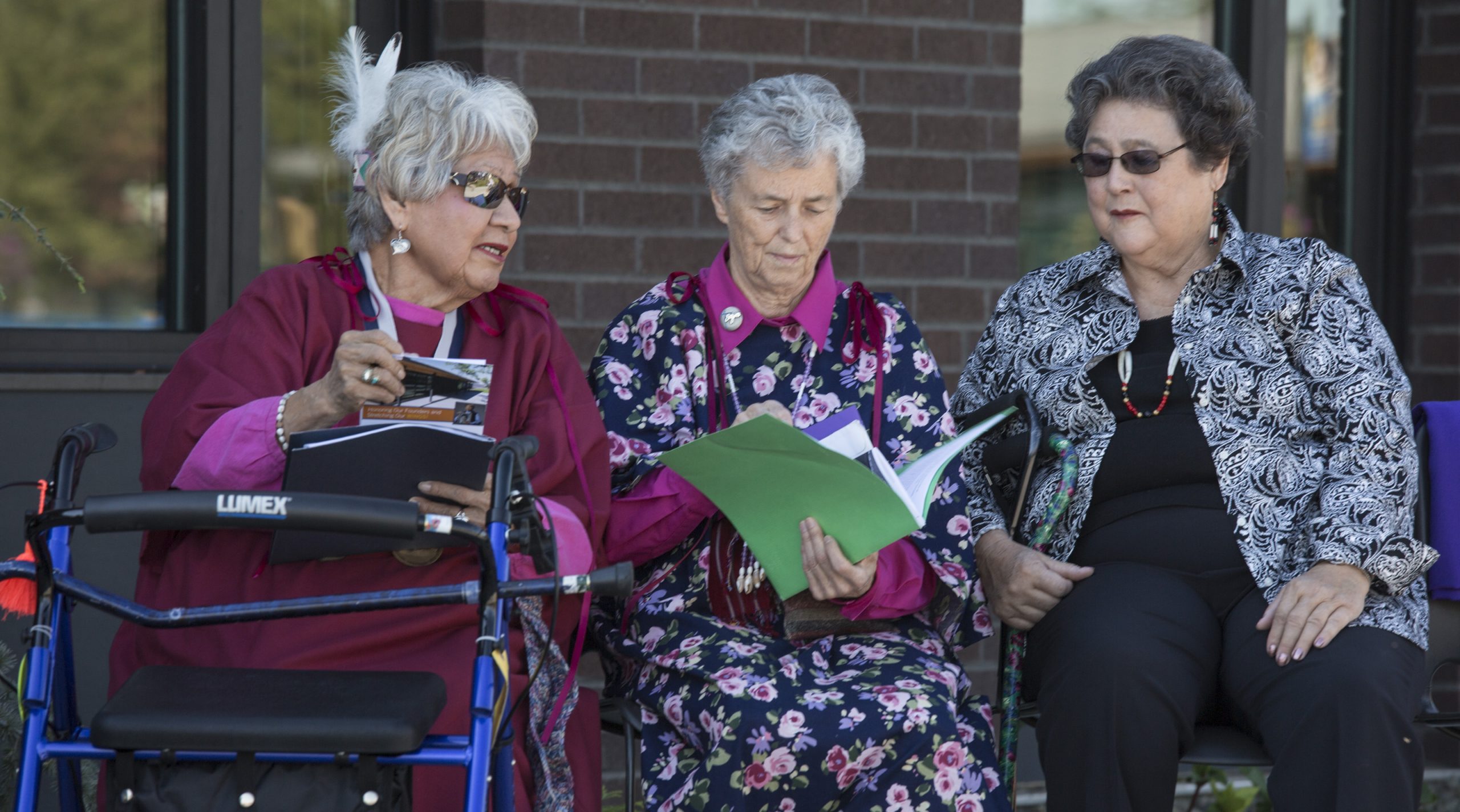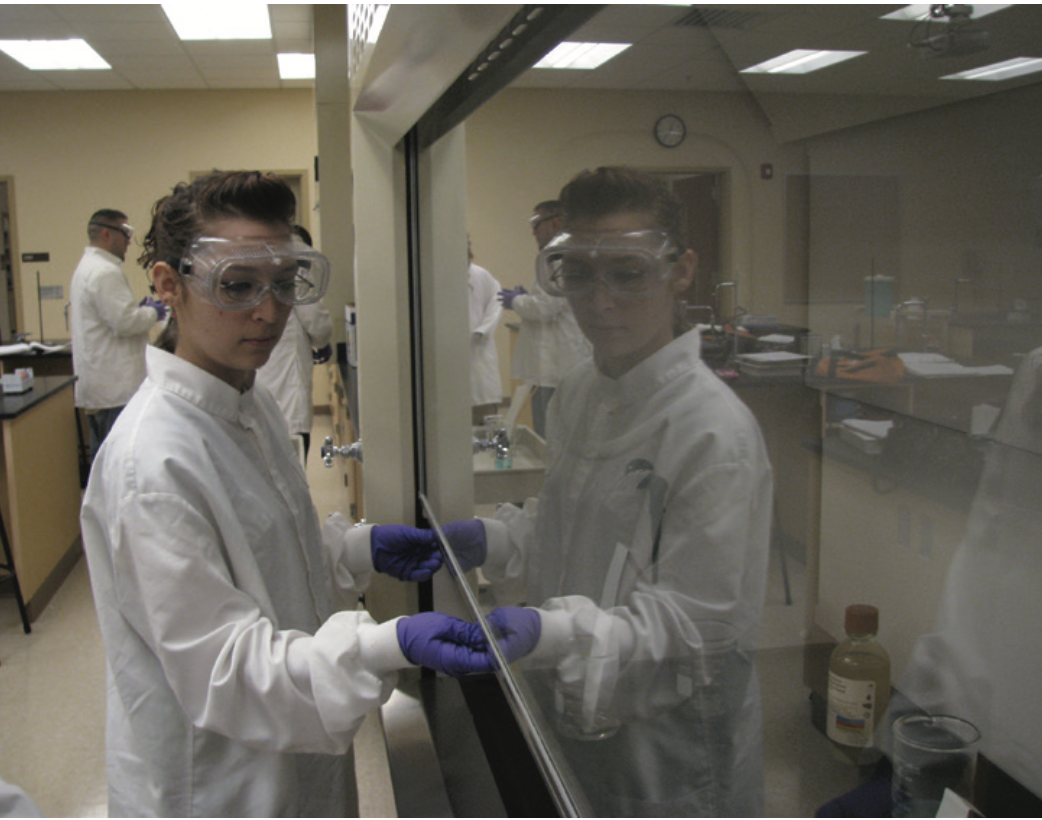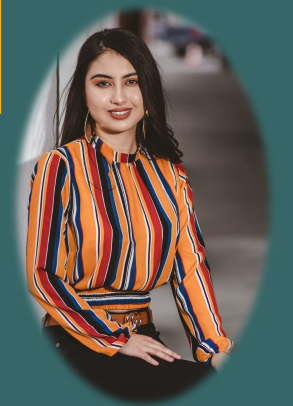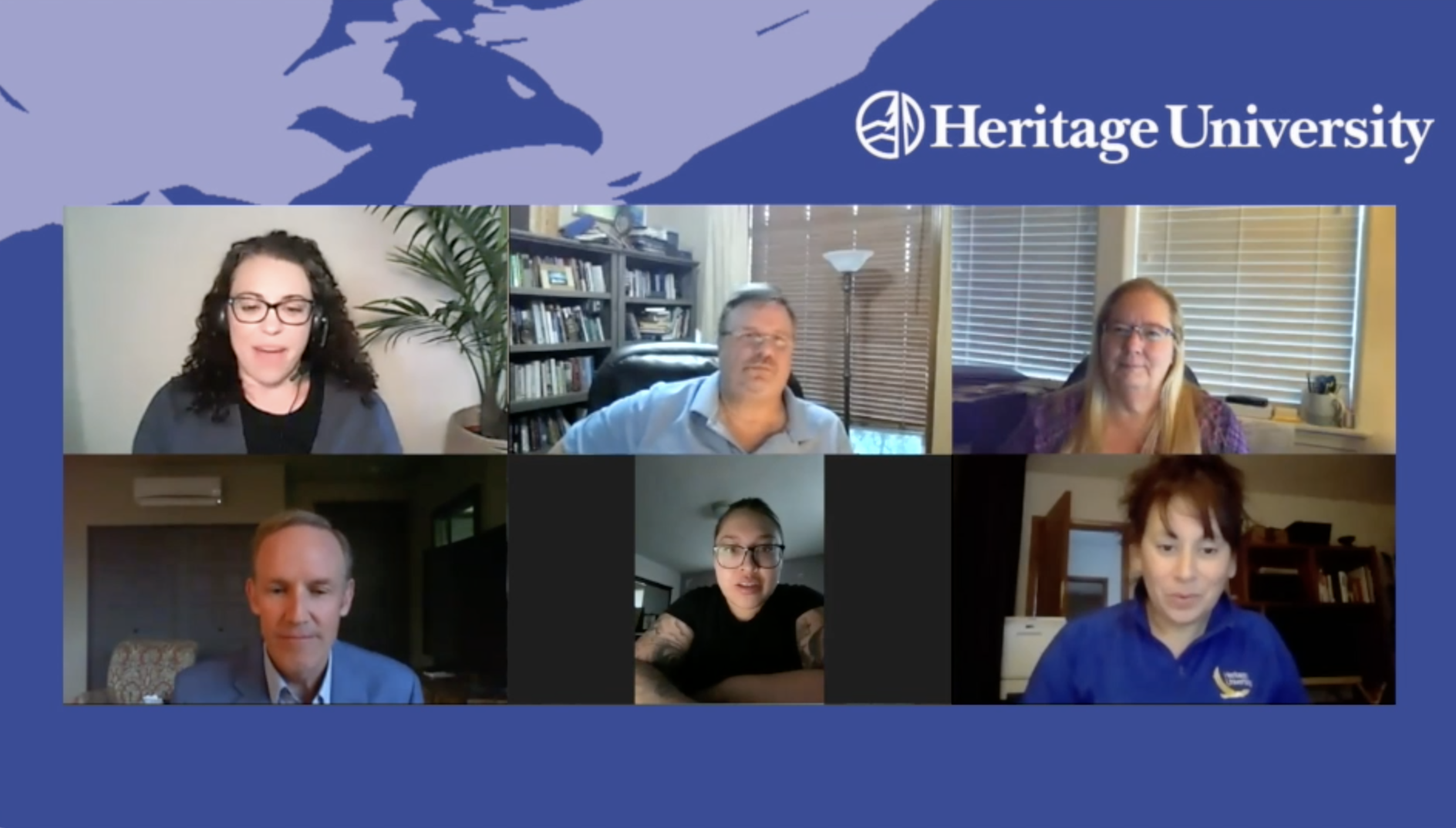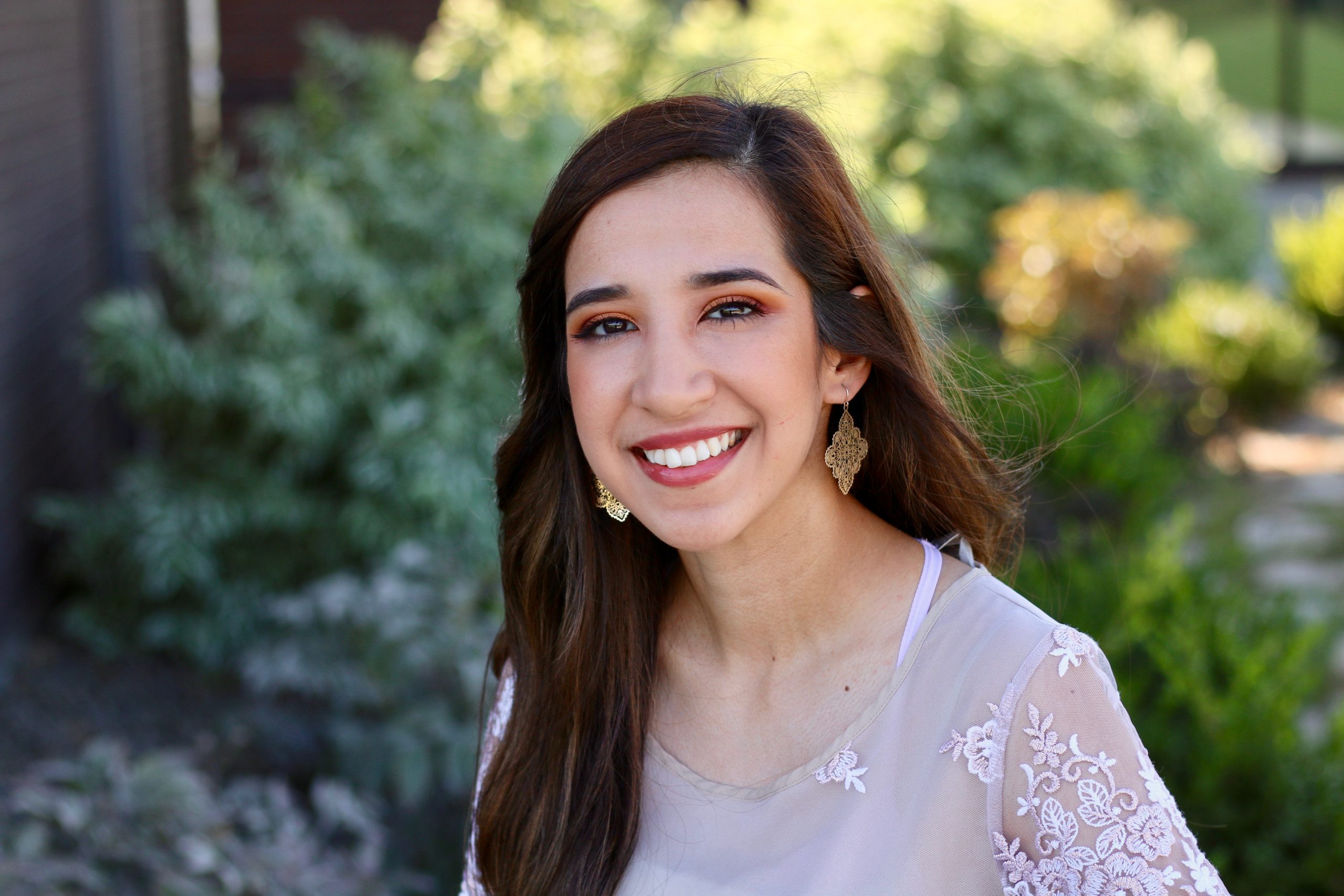Before They Walked, Eagles Soared!
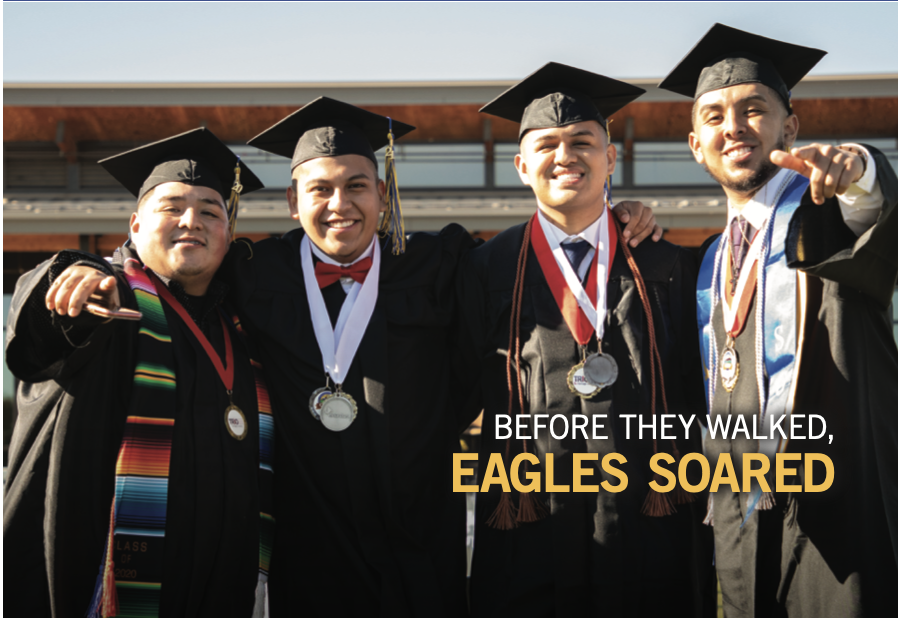 It was a long time coming. For some, almost two years. On Saturday, October 30, graduates from the Class of 2020 and the Class of 2021 finally had their moment in the sun when they walked across the stage to receive their hard-earned diplomas.
It was a long time coming. For some, almost two years. On Saturday, October 30, graduates from the Class of 2020 and the Class of 2021 finally had their moment in the sun when they walked across the stage to receive their hard-earned diplomas.
For more than 600 graduates, the end of their academic careers was somewhat anticlimactic. COVID restrictions closed the campus to in-person learning and activities. The Class of 2020 went away for spring break and never came back. They finished off their last six weeks of college online. For the Class of 2021, online learning was even longer. They spent their entire senior year in a virtual world. For both classes, celebrating earning their degree with family and friends at Commencement seemed impossible.
“COVID robbed our graduates of some of the best parts about going to college. Their final weeks, and for our Class of 2021, their final year at college was completely different than anyone expected,” said Dr. Kazuhiro Sonoda, provost and vice president for Academic Affairs. “They all showed great resiliency and grit as they stayed focused on their studies and graduated under these extremely challenging conditions. It was important to all of us to find a way to make Commencement possible.”
This summer, as COVID seemed to be loosening its grip on the nation and more and more people were vaccinated against the illness, school administration felt confident enough to set a date for the rescheduled celebration. October 30 gave everyone enough time to organize the event and was still early enough in the year to avoid winter conditions that could hamper families’ travel plans. However, as the date approached, the Delta strain reared its ugly head.
“We essentially had three choices,” said Sonoda. “We could move the date again, cancel it altogether, or do something radically different.”
 They choose the final option. Commencement moved on campus and online. It was set up outside, where chairs and people could be set six feet apart in the open air. It was open only to graduates and those who had a role during the ceremony, such as faculty, speakers and volunteers. A local station, Hispanavision, televised the ceremony so that family and friends could watch the proceedings safely from their own homes.
They choose the final option. Commencement moved on campus and online. It was set up outside, where chairs and people could be set six feet apart in the open air. It was open only to graduates and those who had a role during the ceremony, such as faculty, speakers and volunteers. A local station, Hispanavision, televised the ceremony so that family and friends could watch the proceedings safely from their own homes.
“Safety was first and foremost on our minds,” said Sonoda. “That and ensuring that our graduates’ experiences were as close to ‘normal’ as possible.”
Of the more than 600 graduates over the two years, roughly a quarter participated in the celebration, including Irwin Godinez-Cruz, B.A., English.
“Being able to celebrate my graduation with a cap and gown was a great honor to my family and me. It was a symbol of all the hard work and sacrifice I put into my academic career. Work and dedication that may have been overseen due to the pandemic, but not forgotten by our institution. The great staff of Heritage University made our dream of having a graduation ceremony a reality. As a first-generation student, this was the greatest of honors,” he said.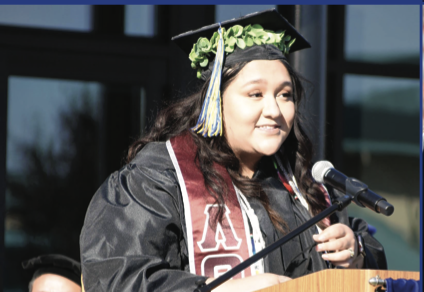
Aside from the change in location and limited access, the rest of the event proceeded much like usual. Heritage University founder Dr. Kathleen Ross, snjm presented the Commencement address. Maria Riveria, B.A., Psychology and History, and Godinez- Cruz presented the undergraduate Class of 2020 and Class of 2021 address, respectively. Raymandeep Aujla, M.A., Medical Sciences, and Maggie Lai, M.A., Medical Sciences, presented the graduate addresses for 2020 and 2021. Maria Soto, B.S.W., Social Work and B.A., History, received the 2020 President’s Award of Distinction, and Paola Herrera, B.S.W., Social Work, received the honor for the Class of 2021. After the graduates received their diplomas, the multi- Grammy nominated Native American drum group, Black Lodge Singers, sang an honor song. And, at the end of the long-awaited ceremony, the graduates marched and danced out to celebrate some more with their loved ones awaiting their arrival back home.


